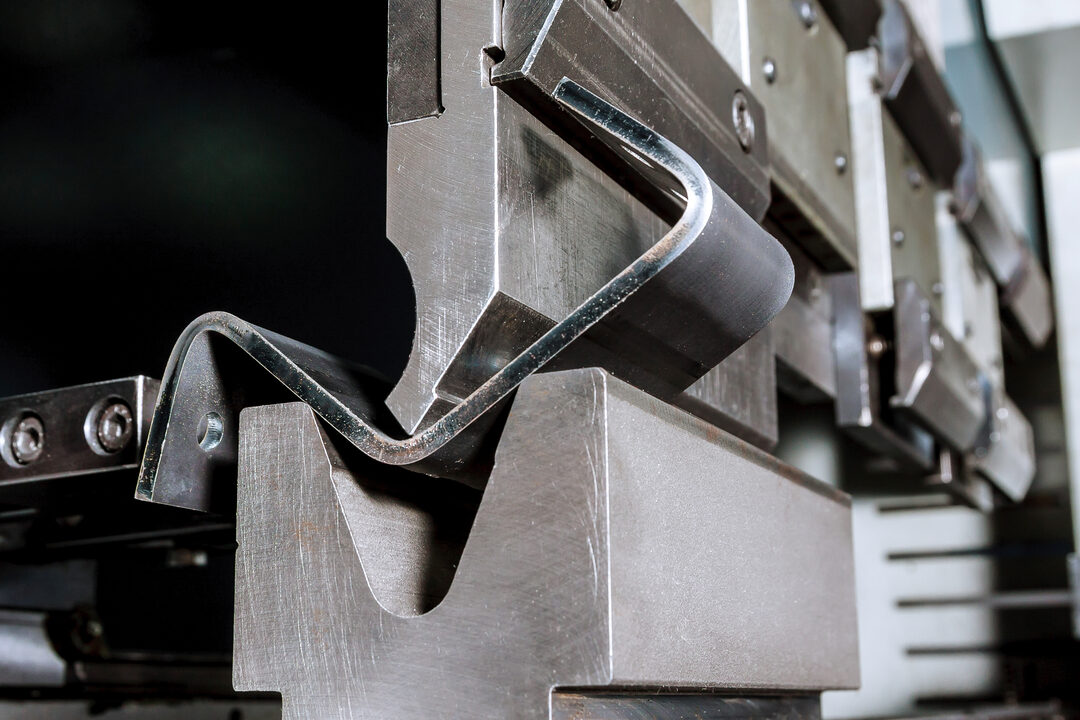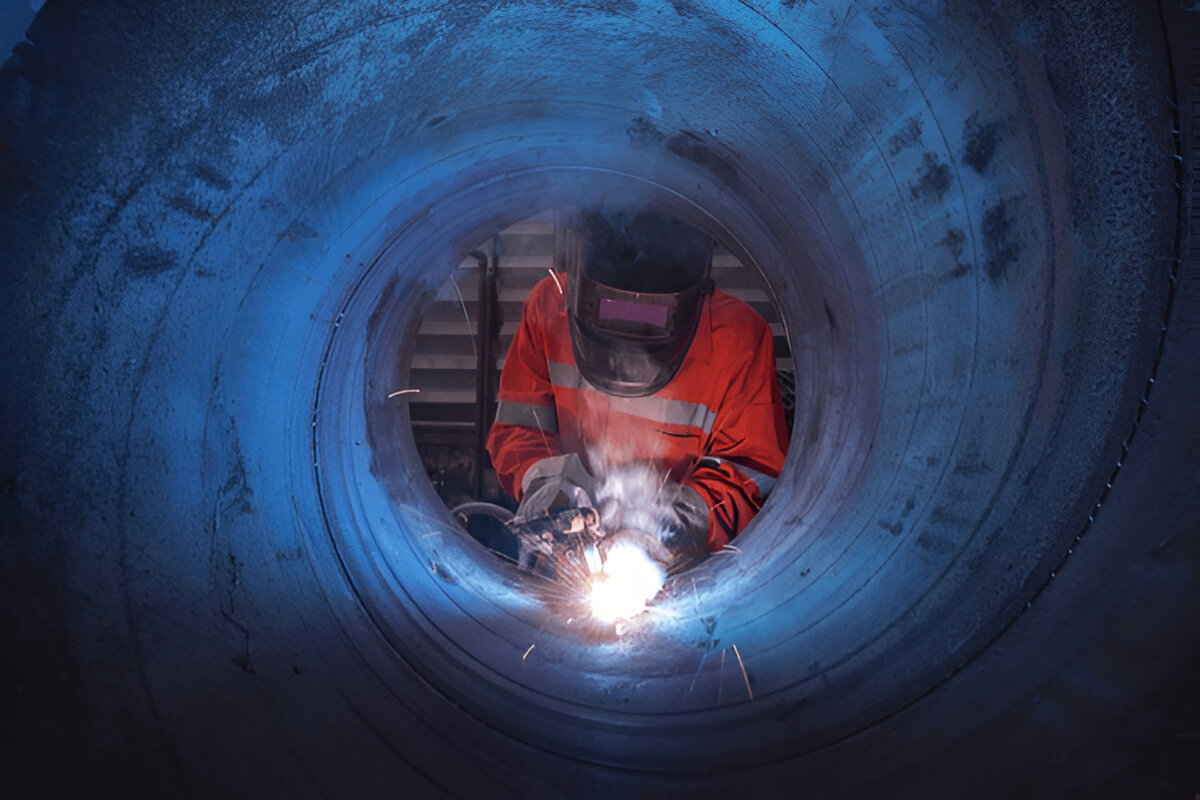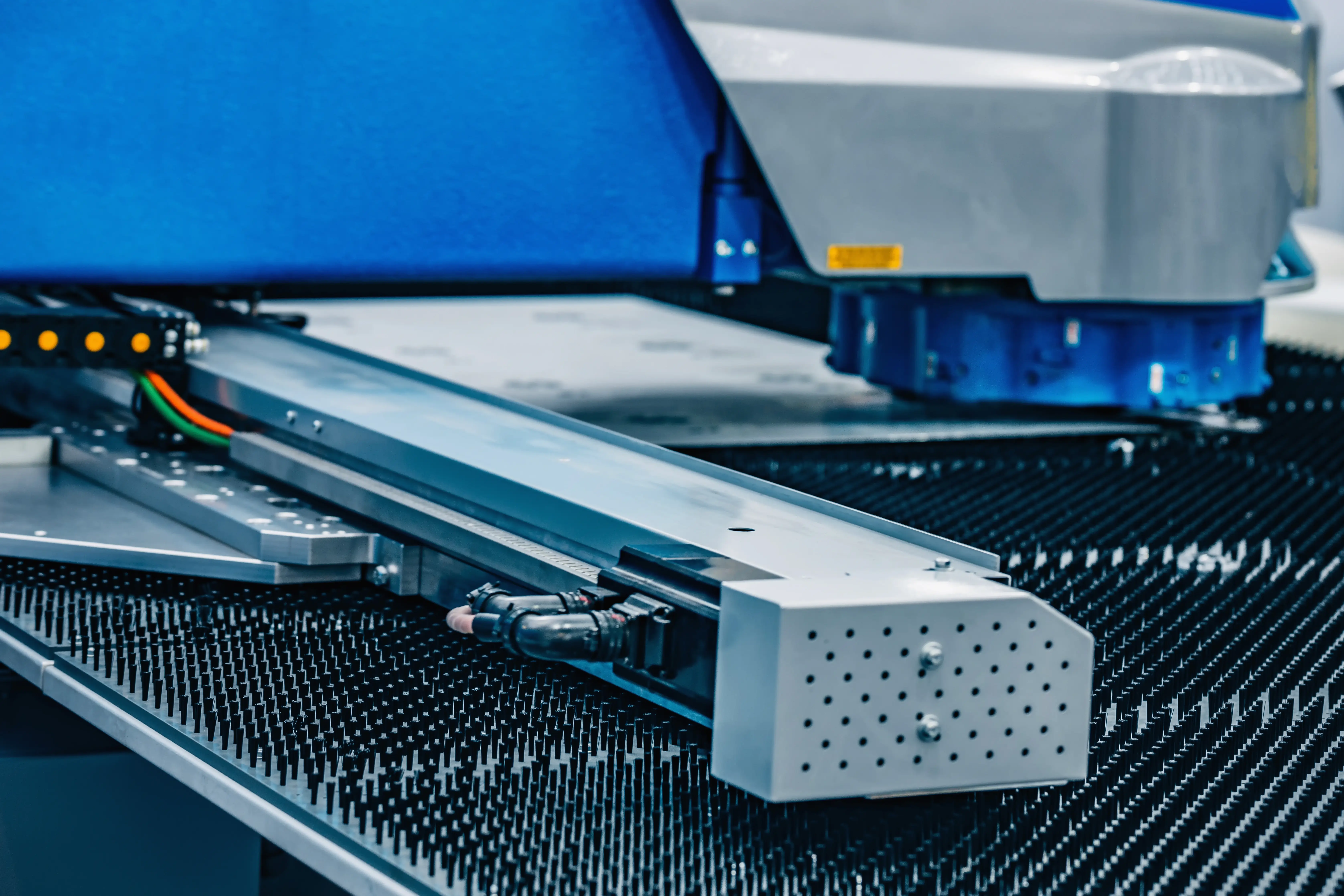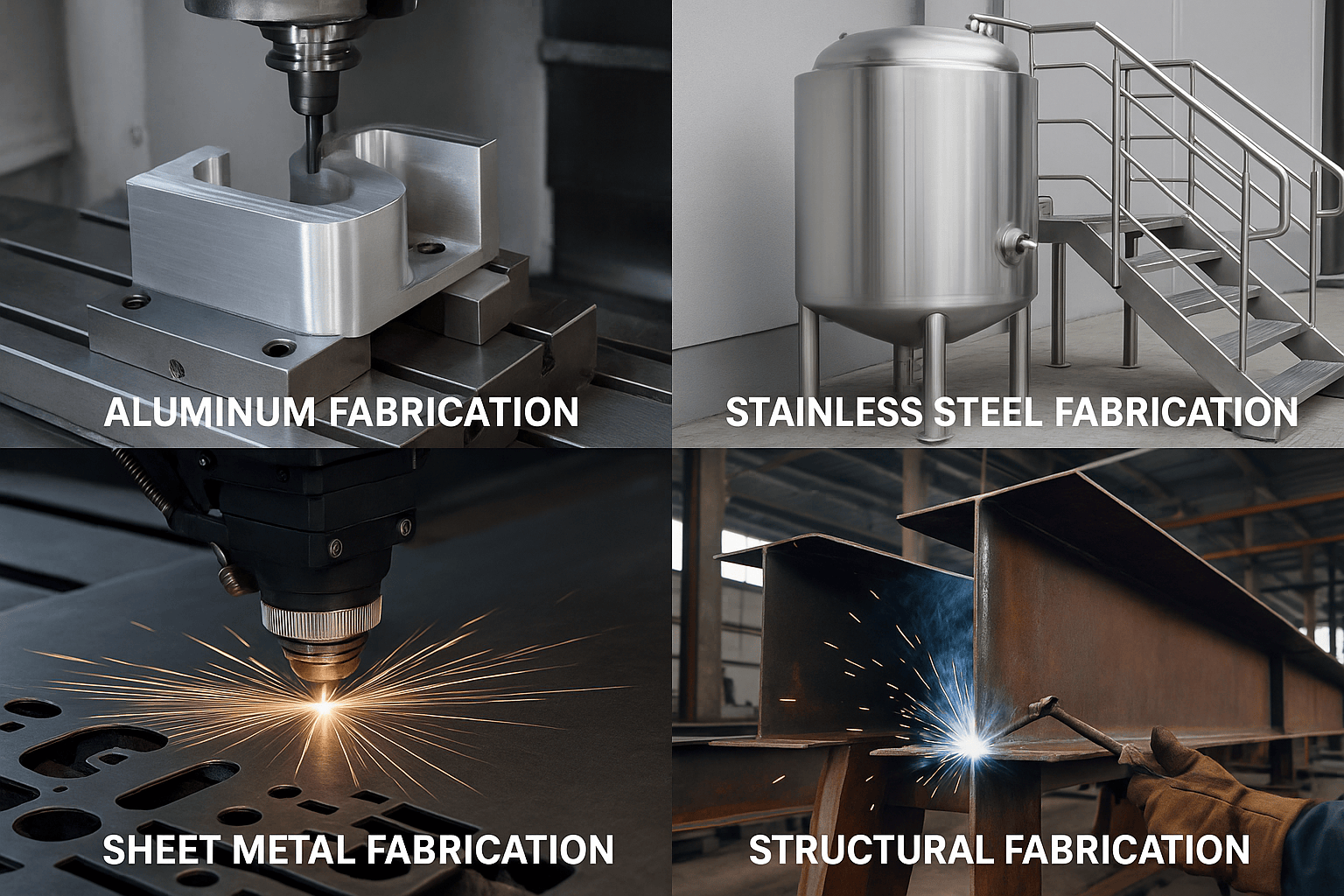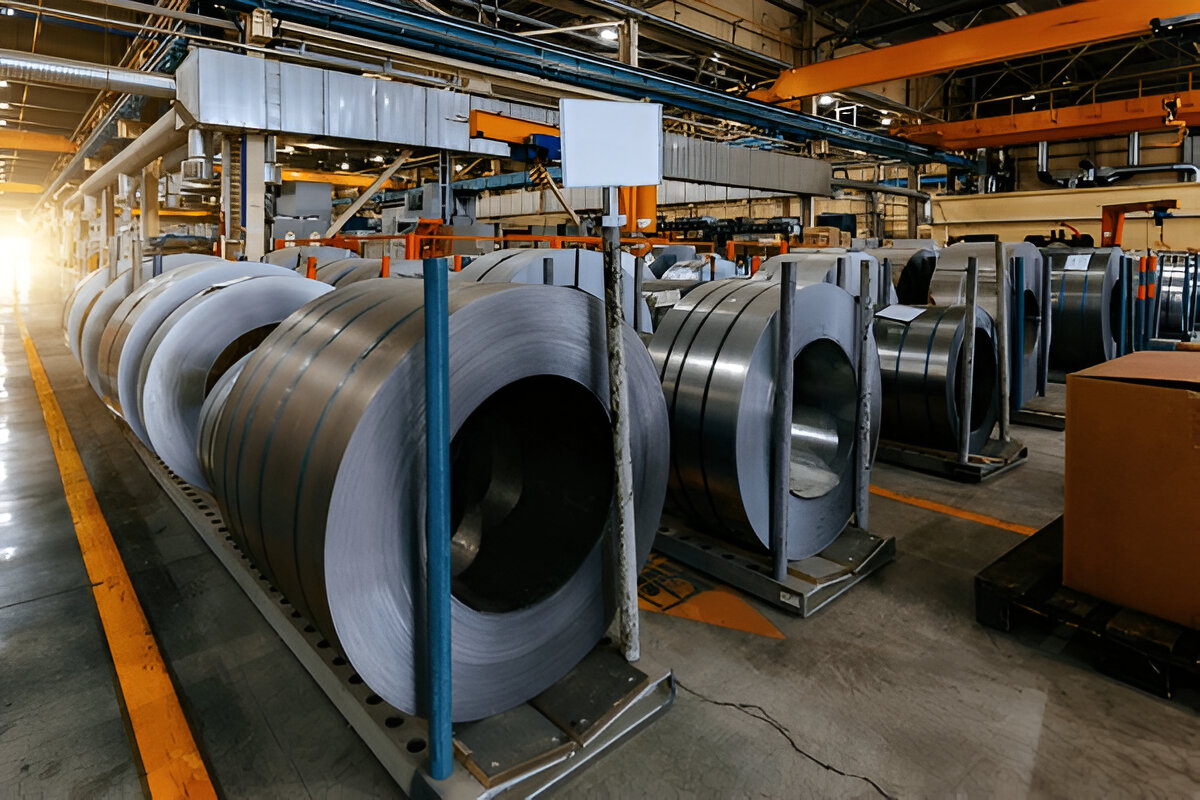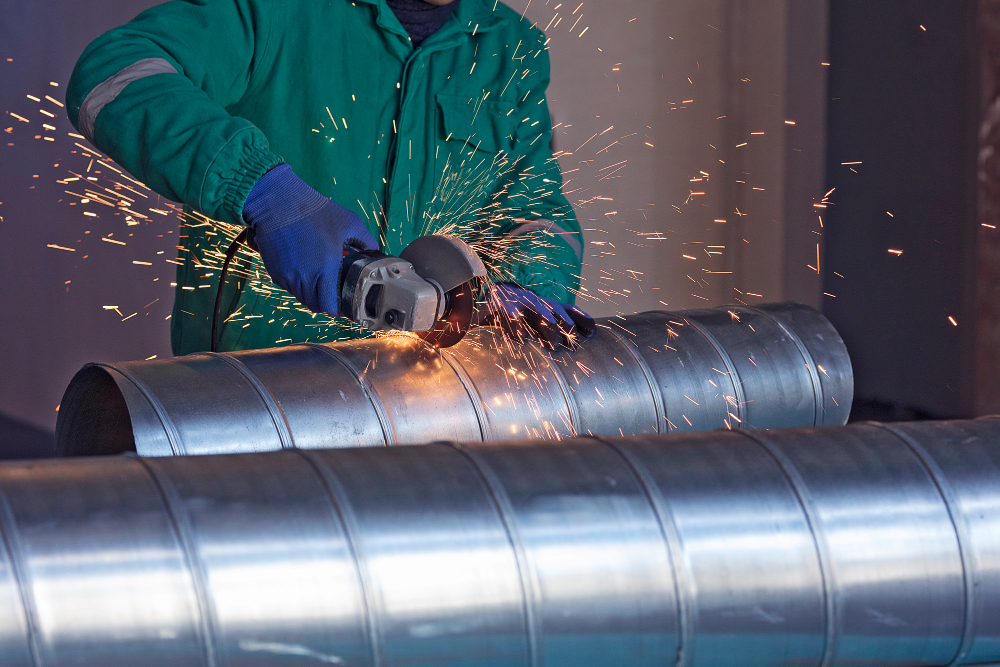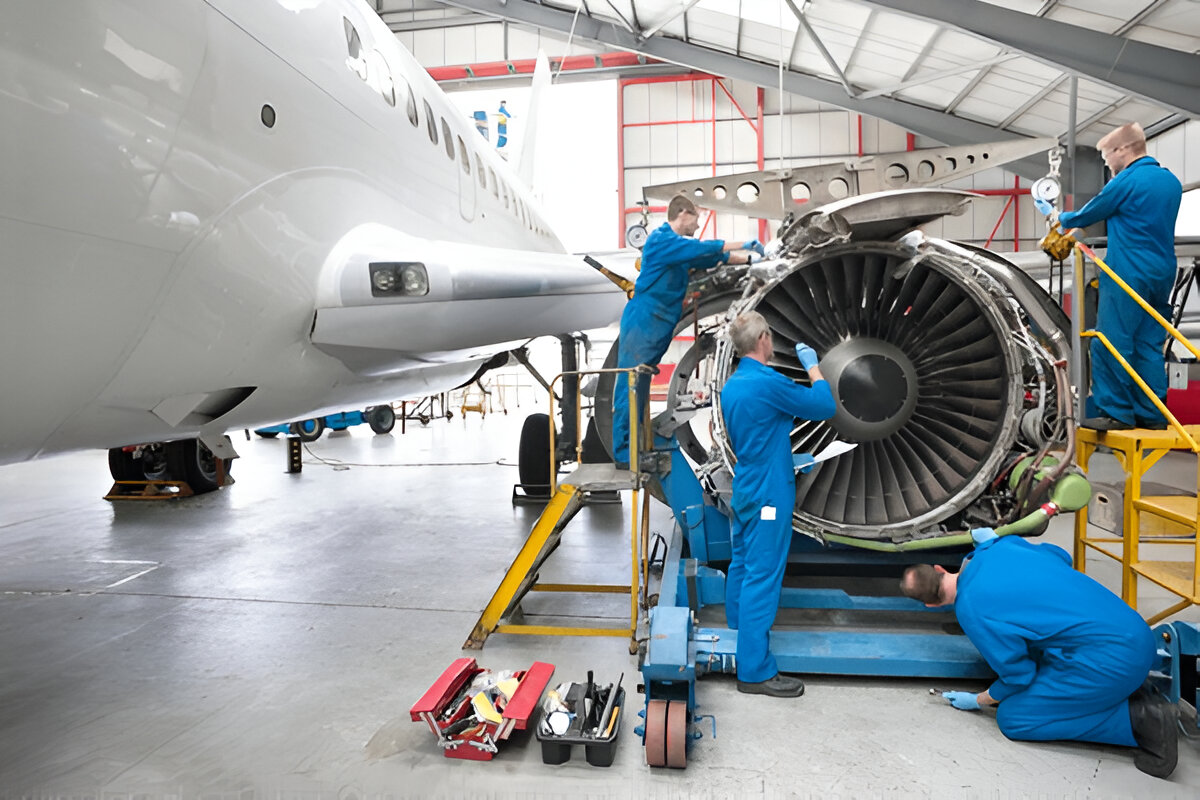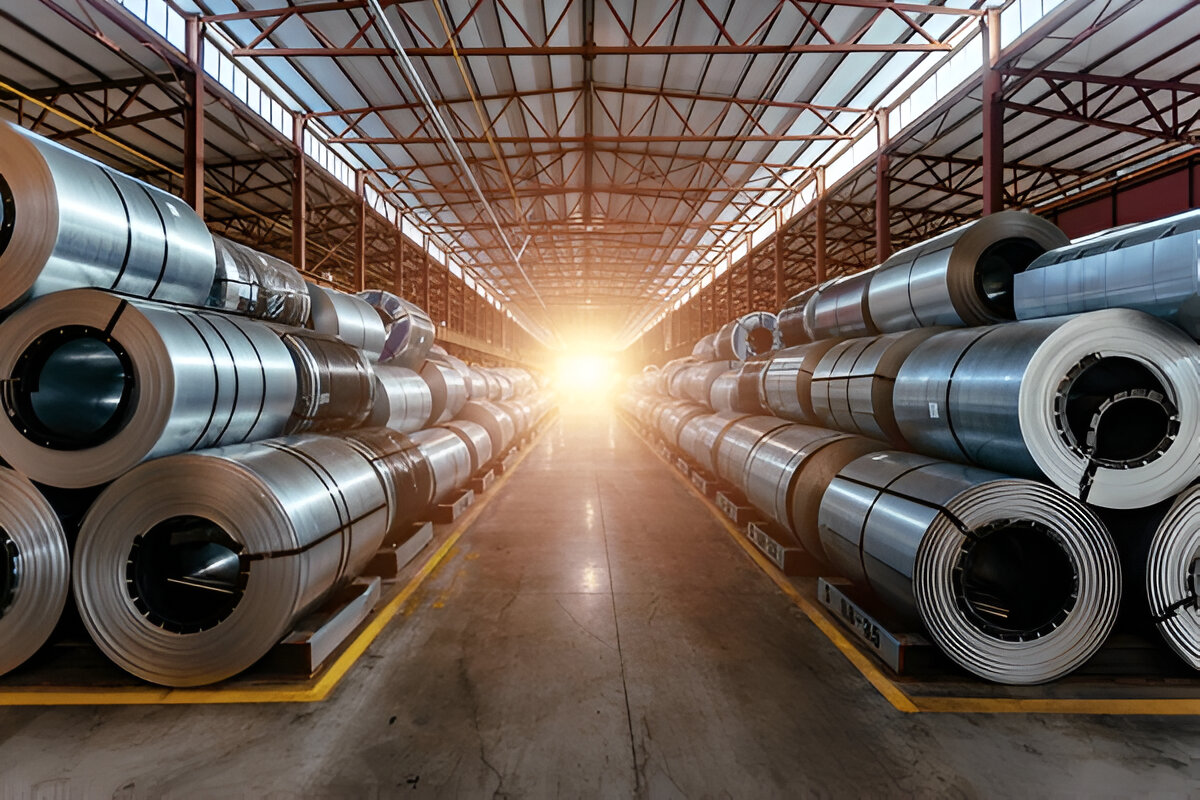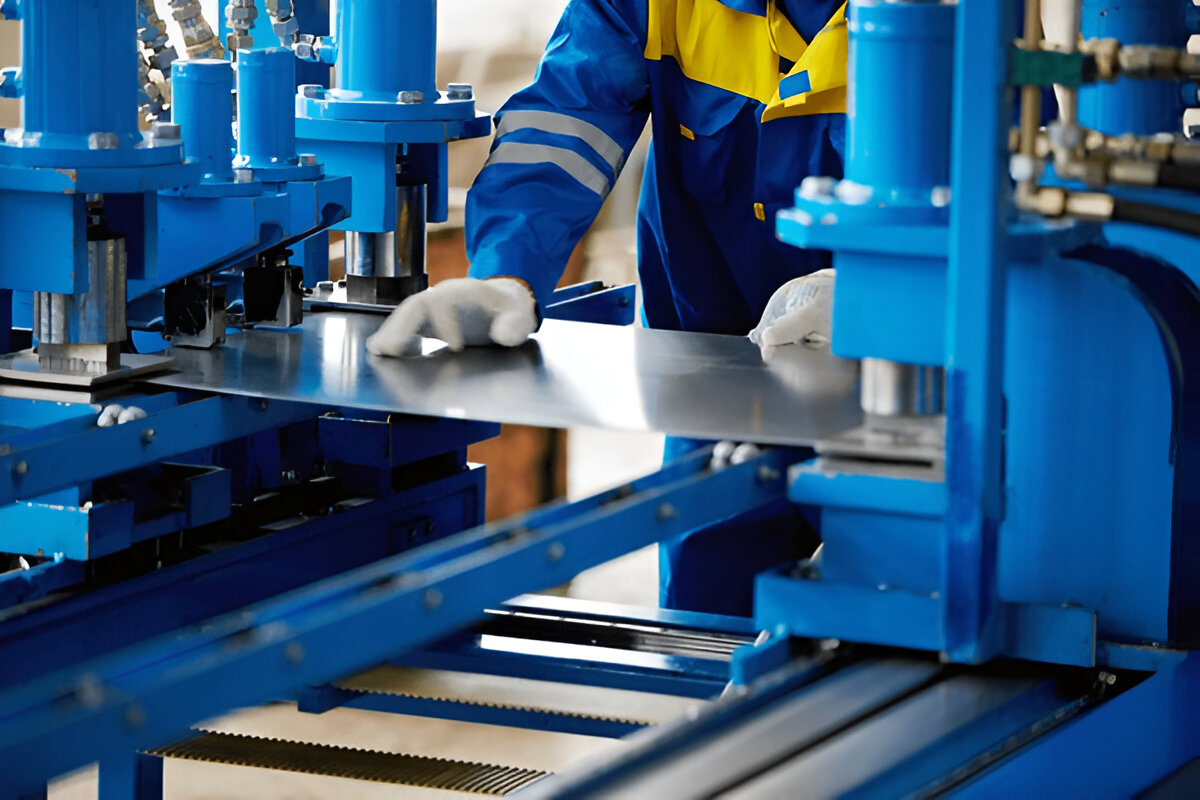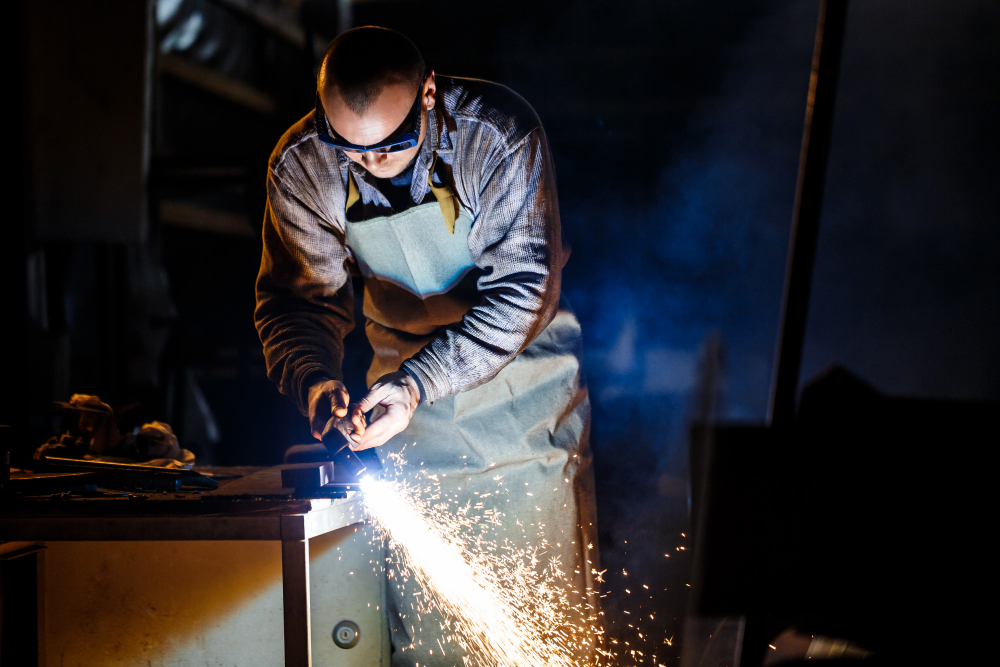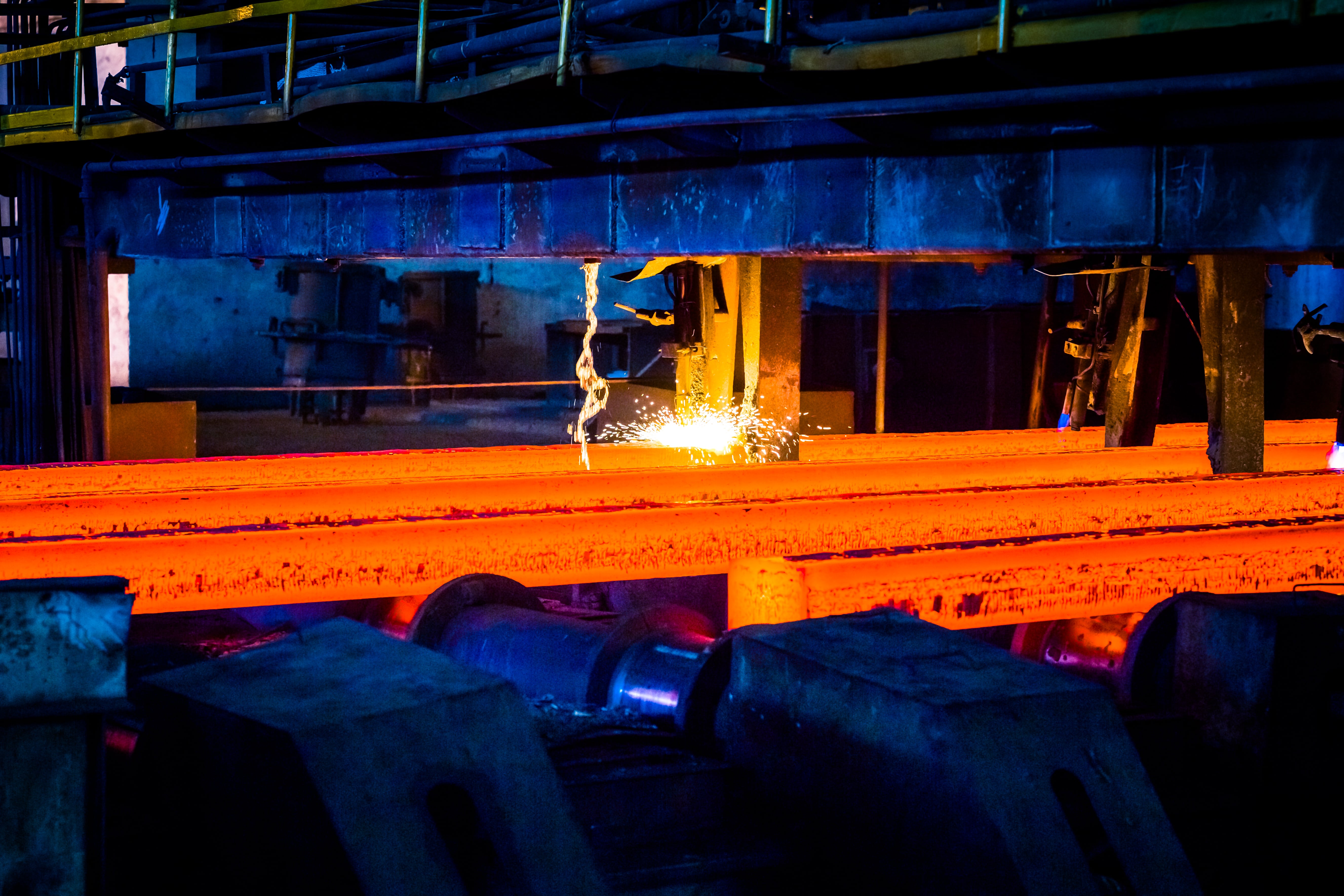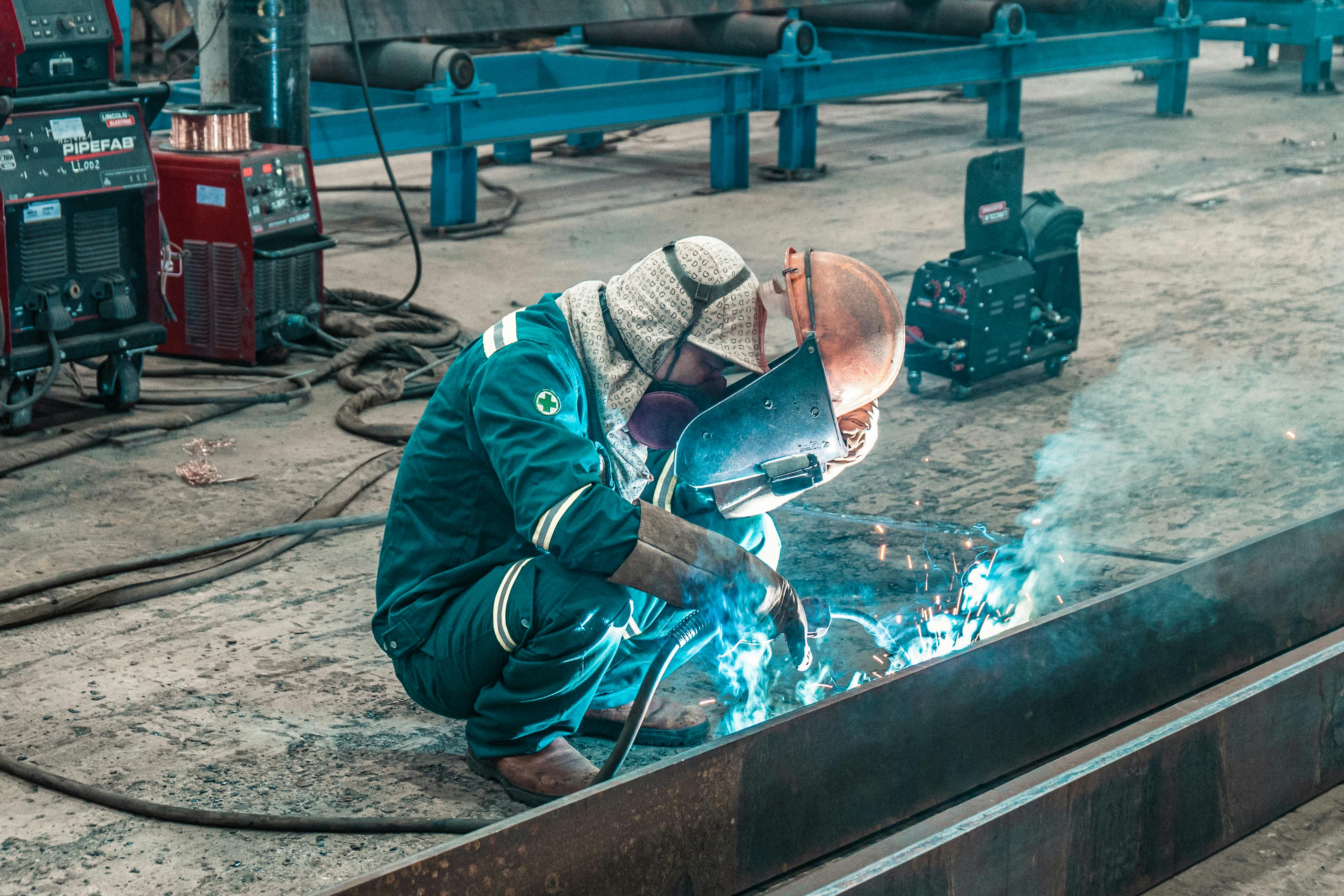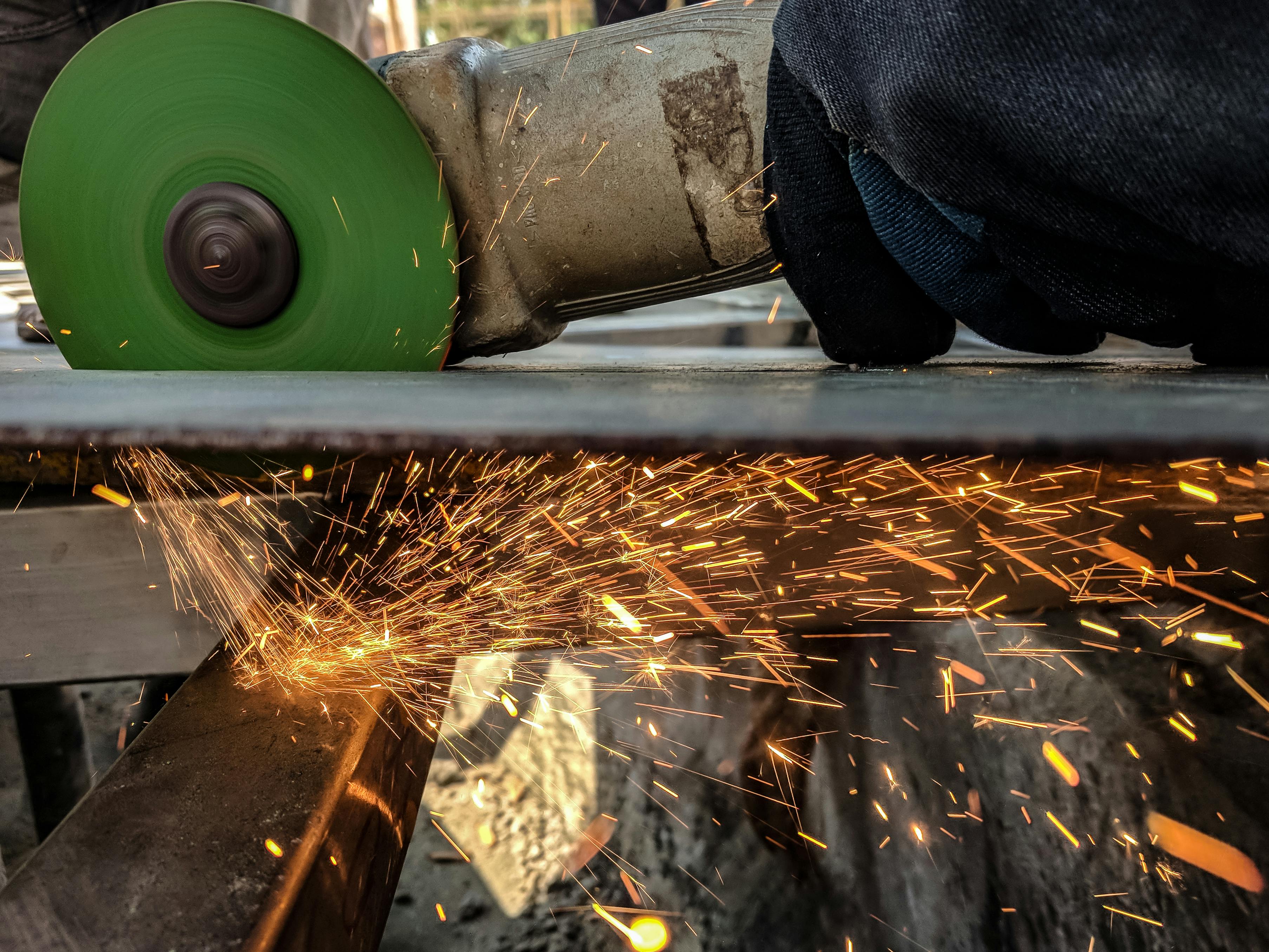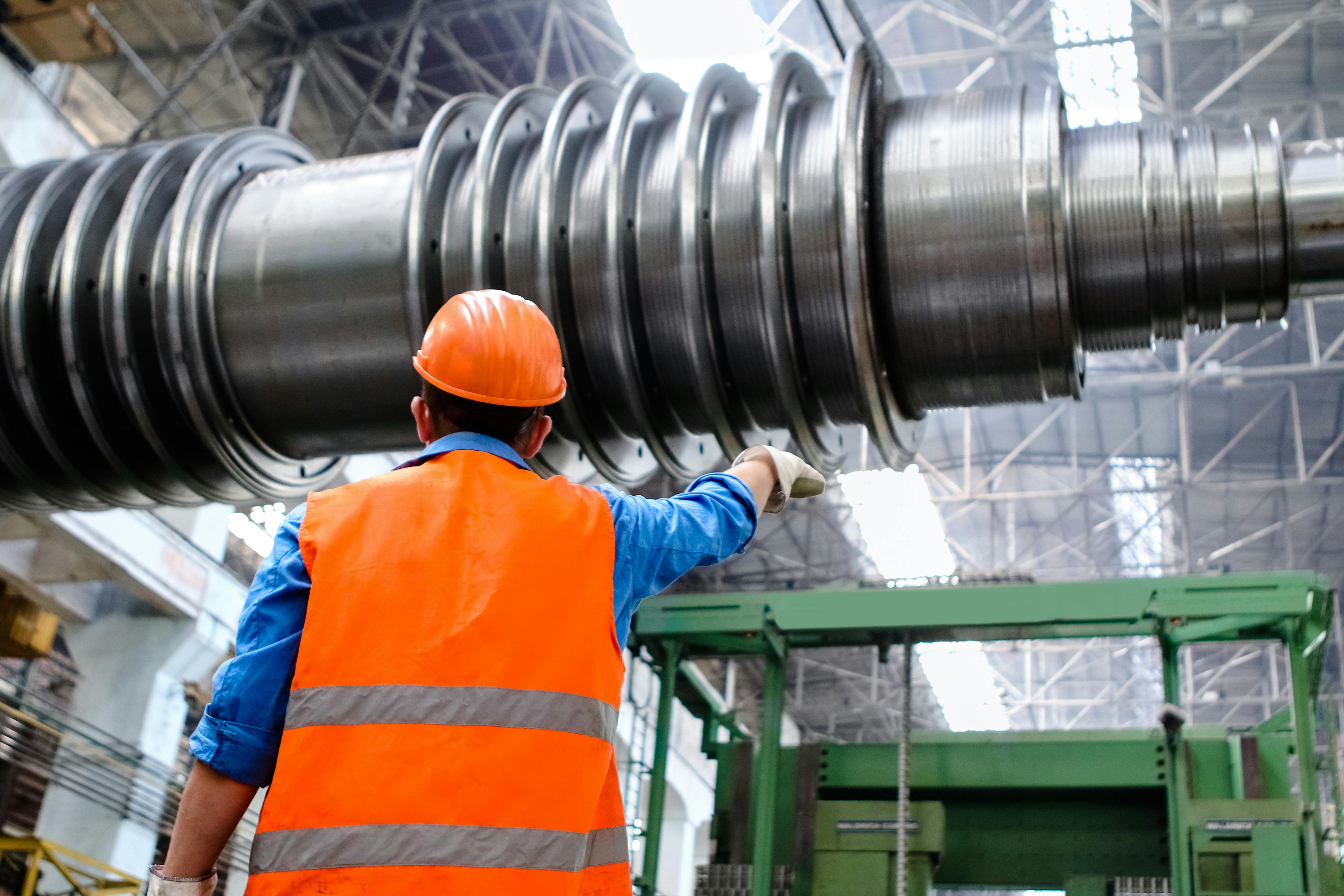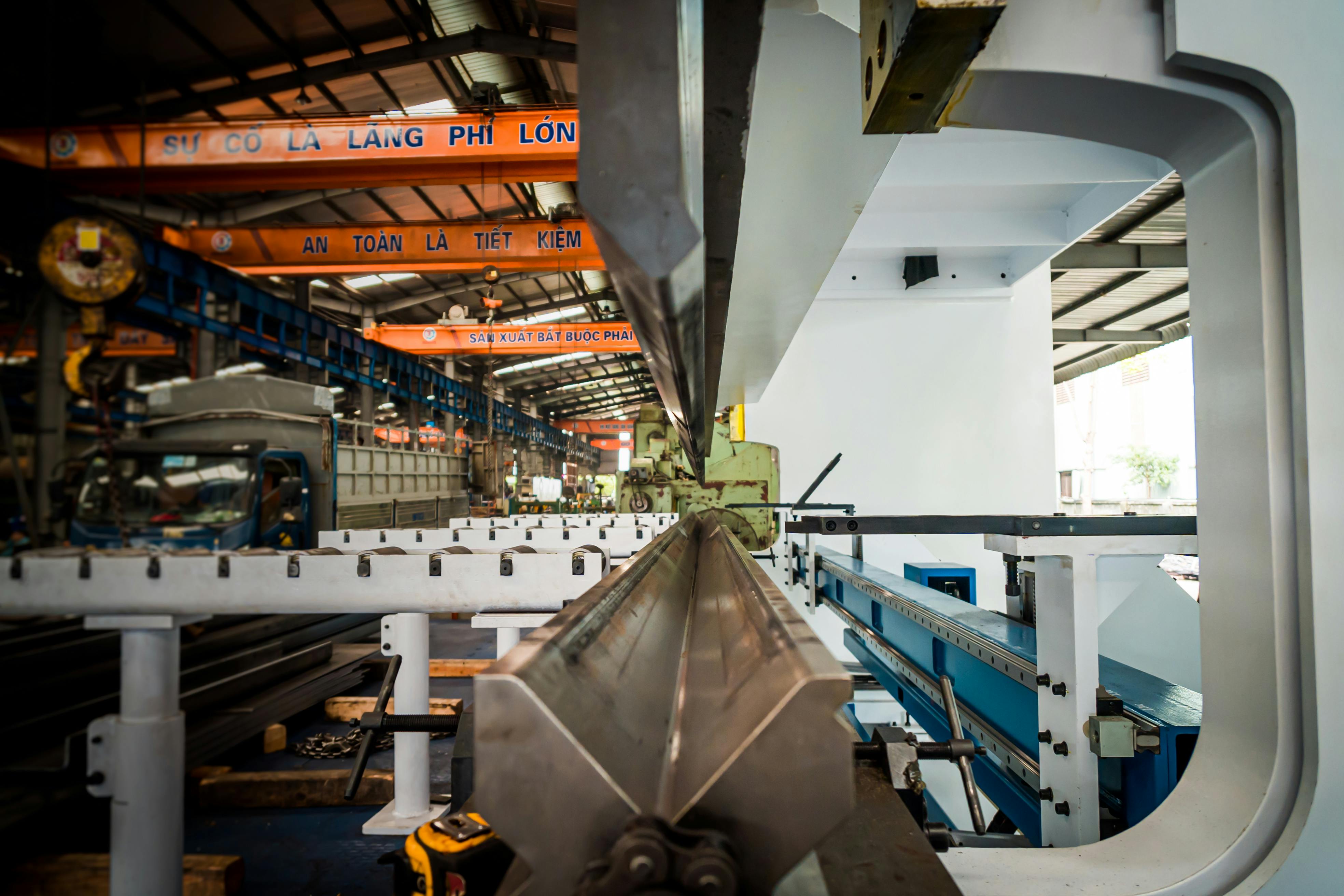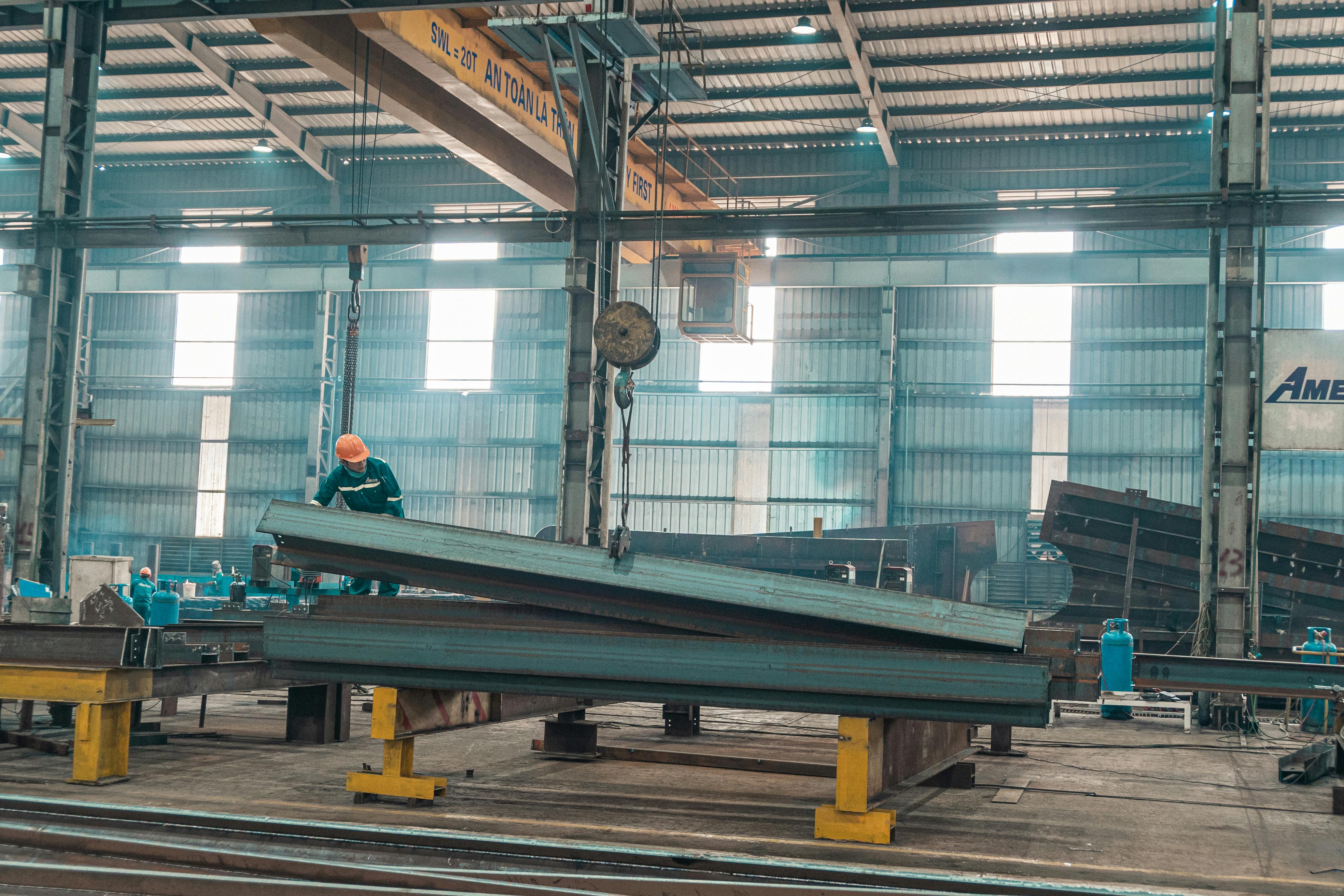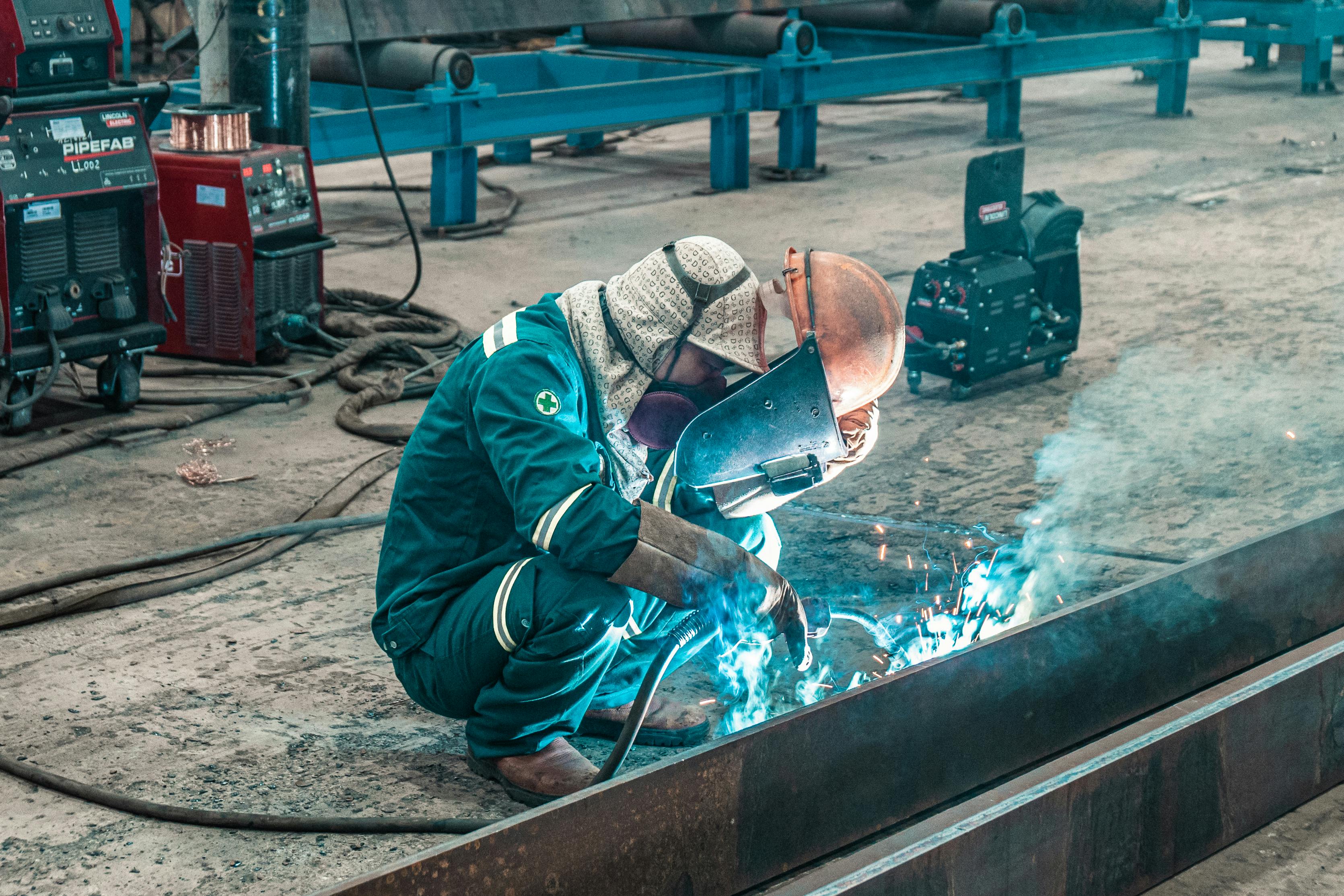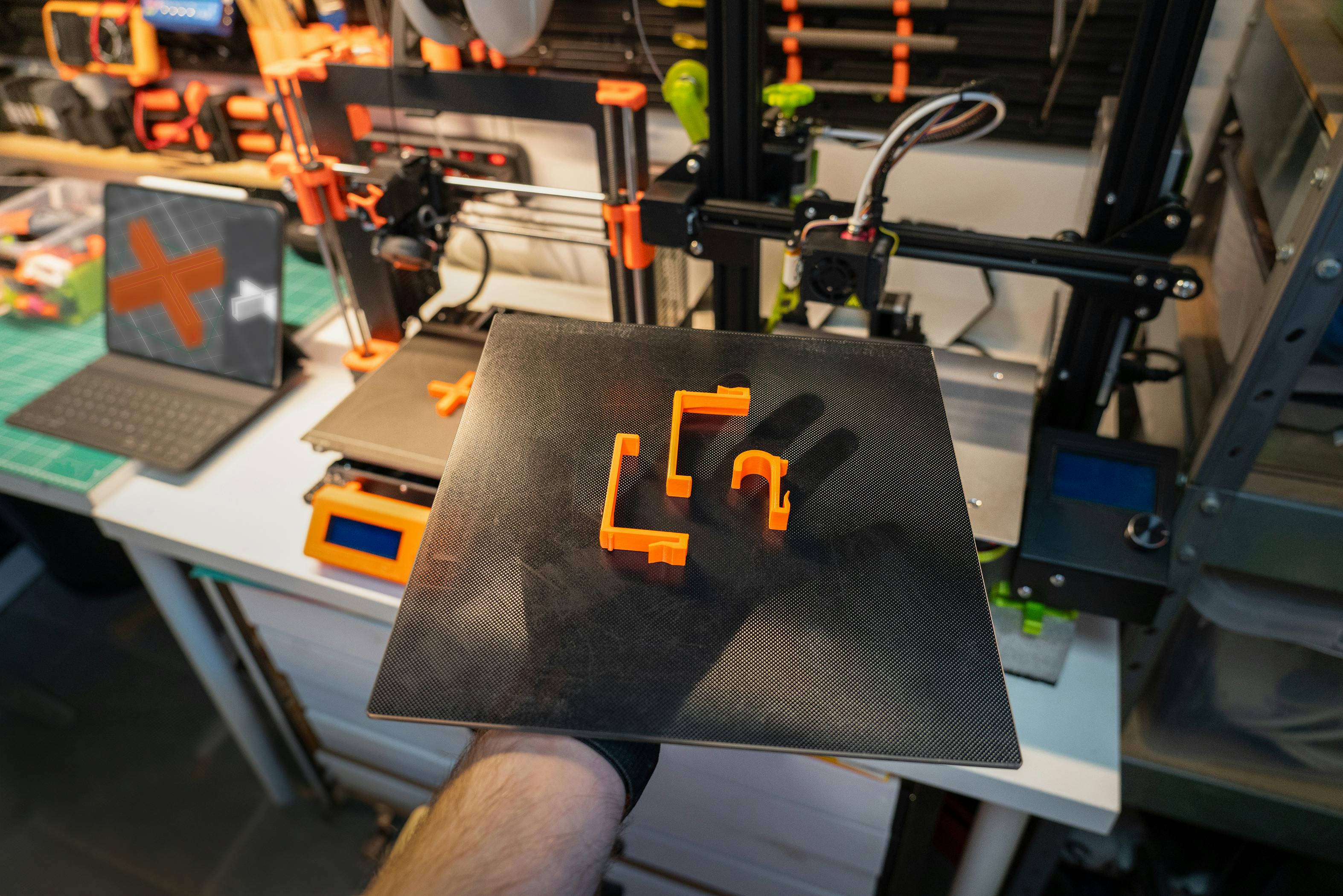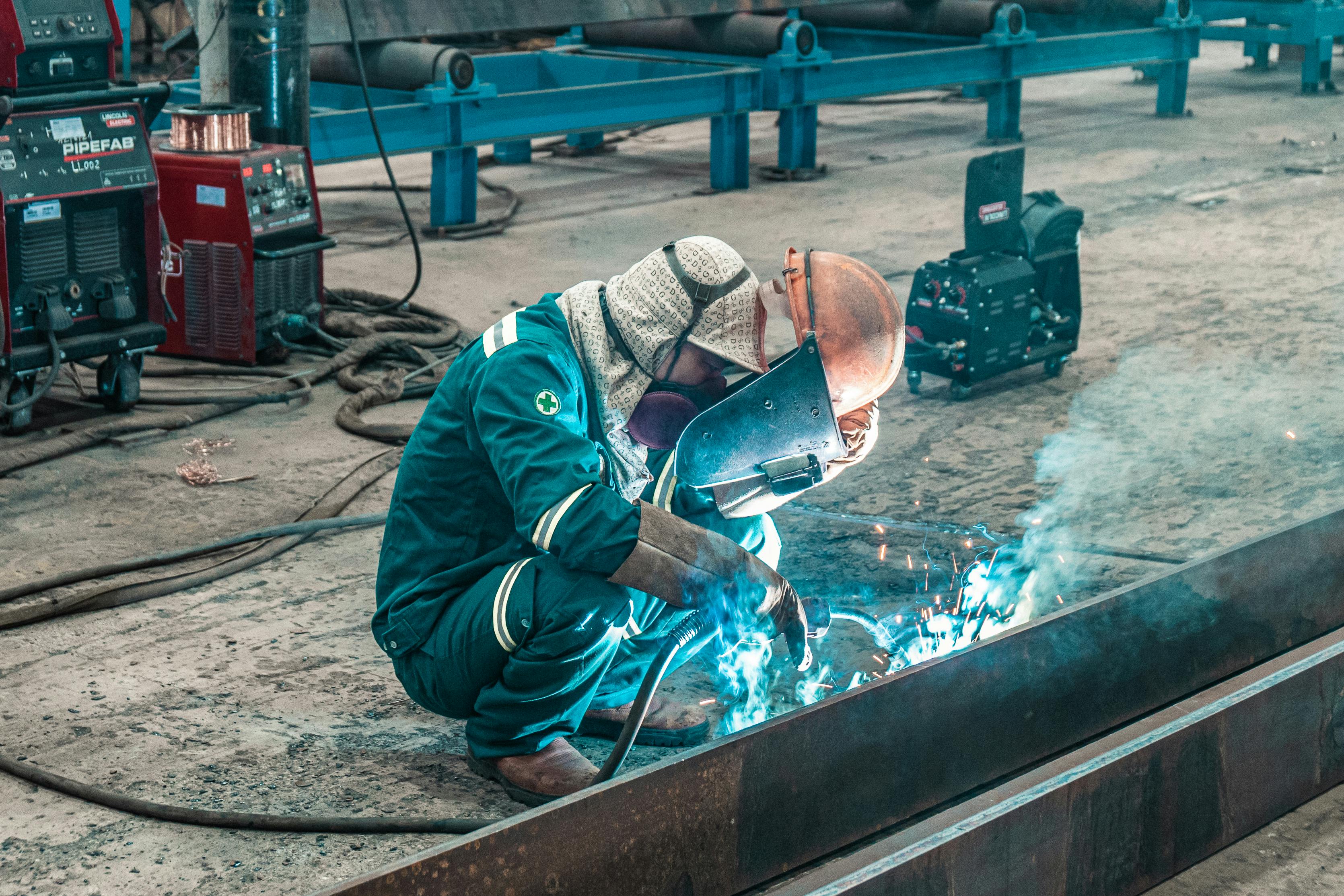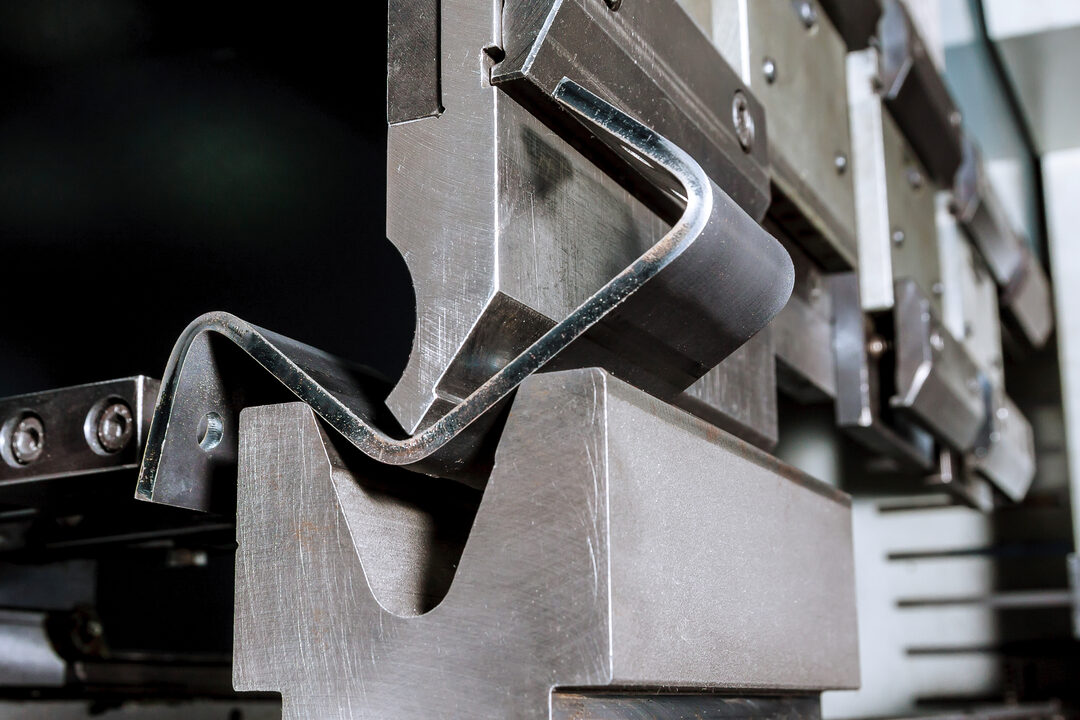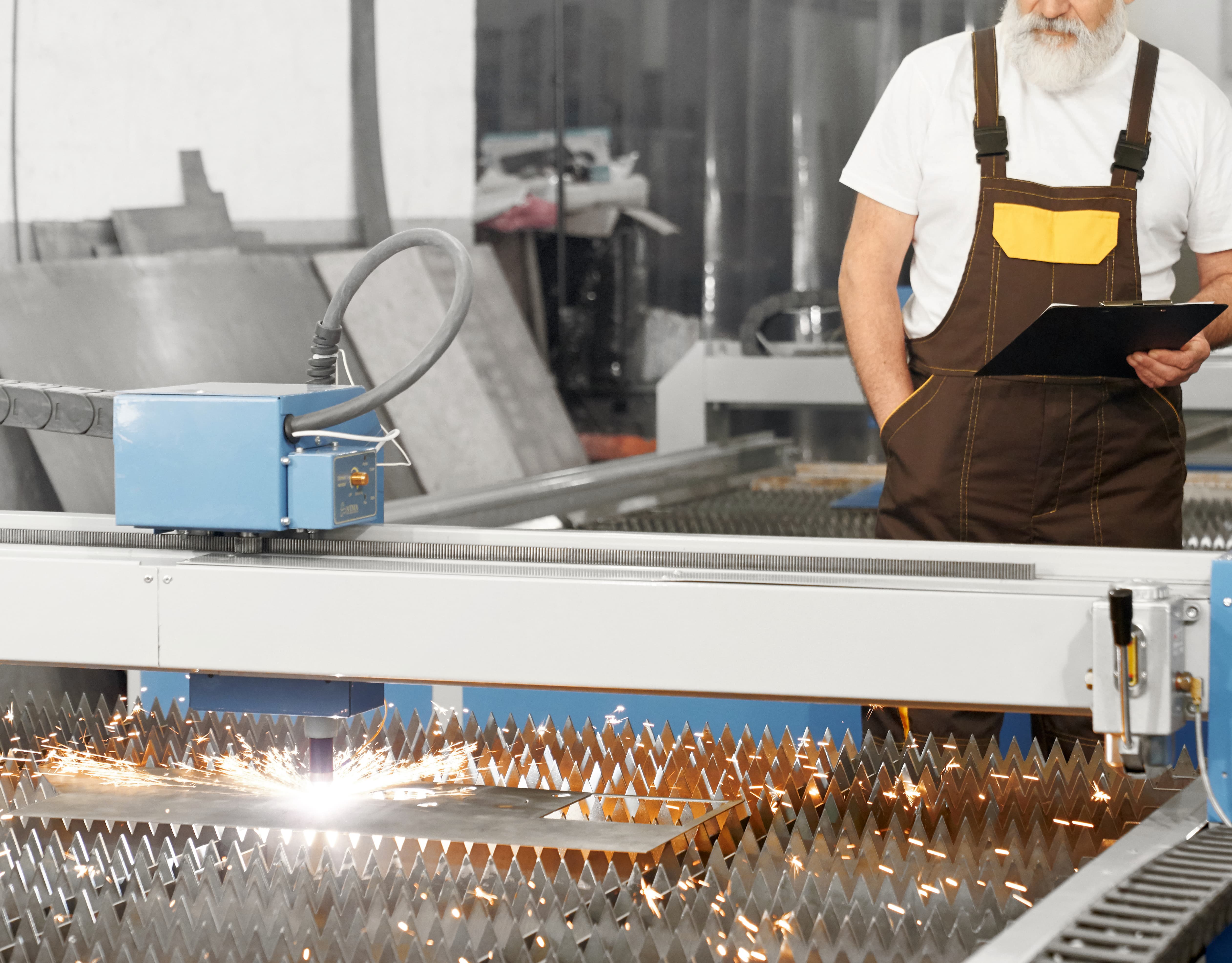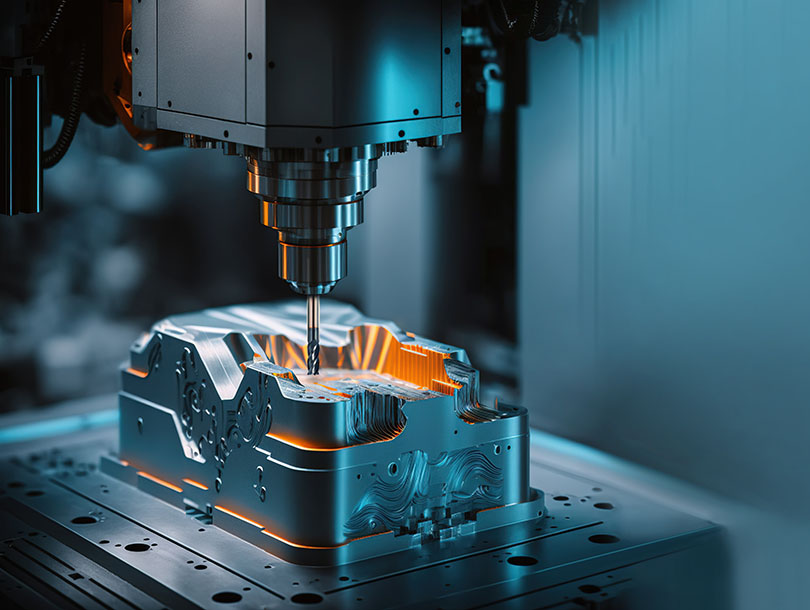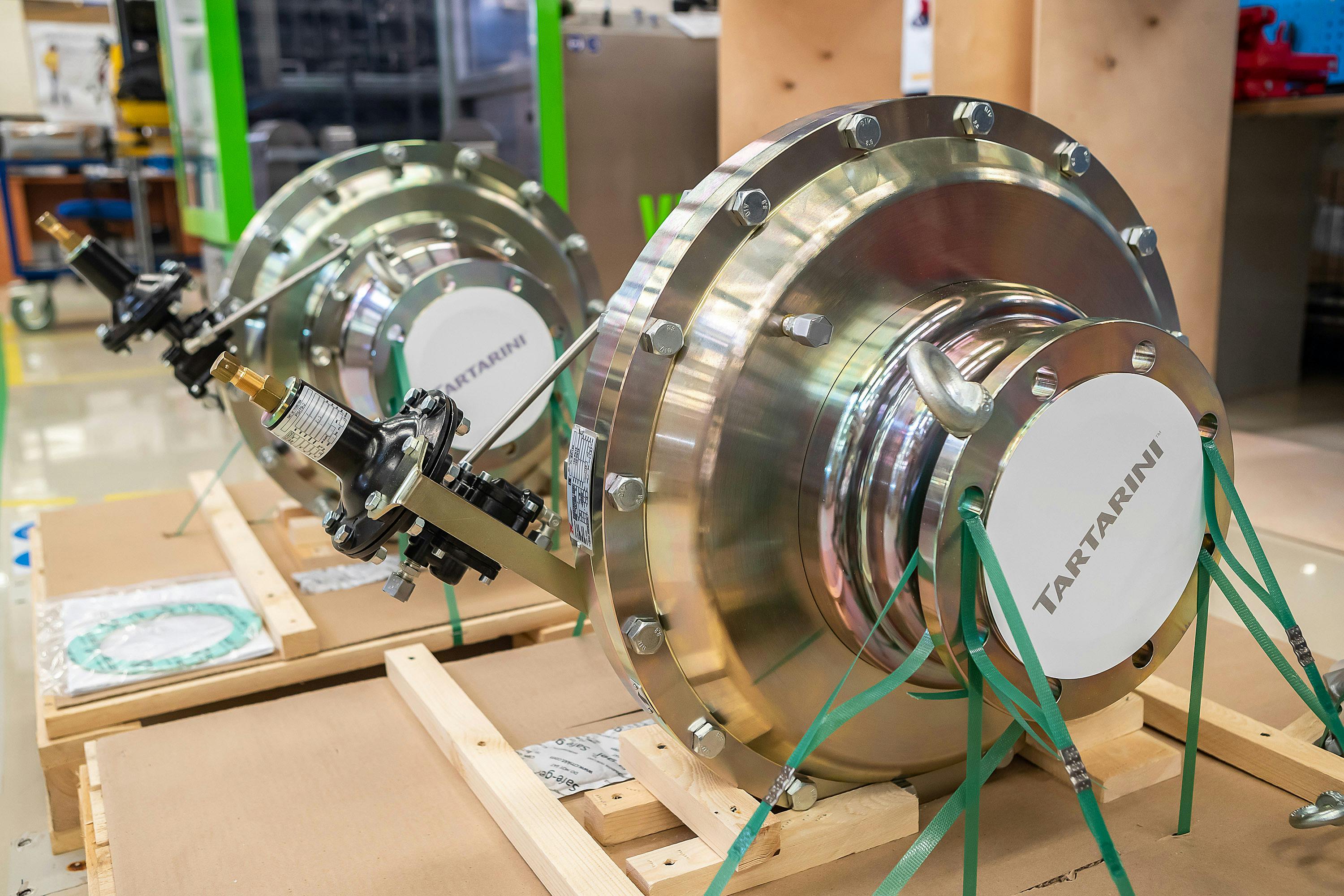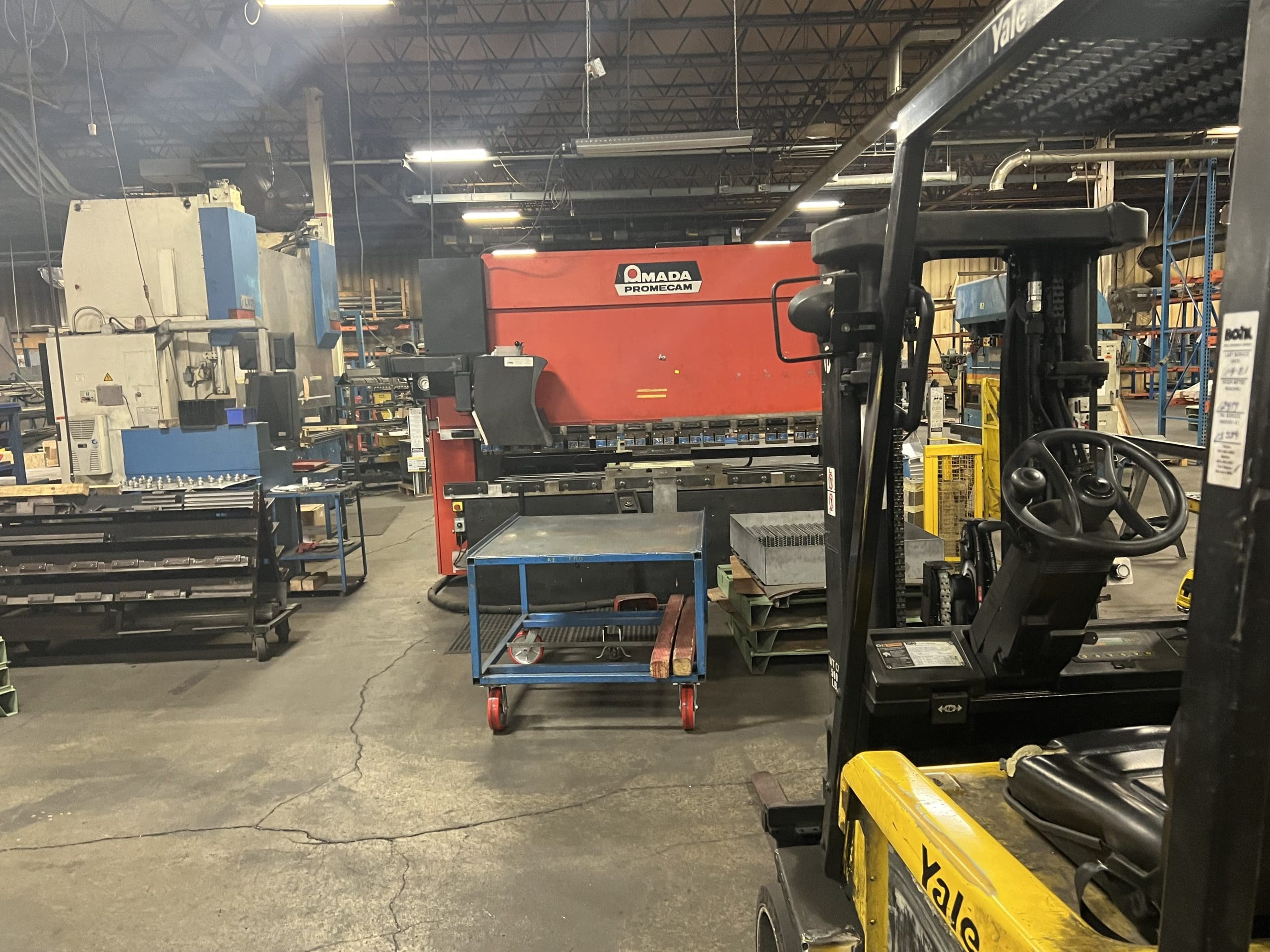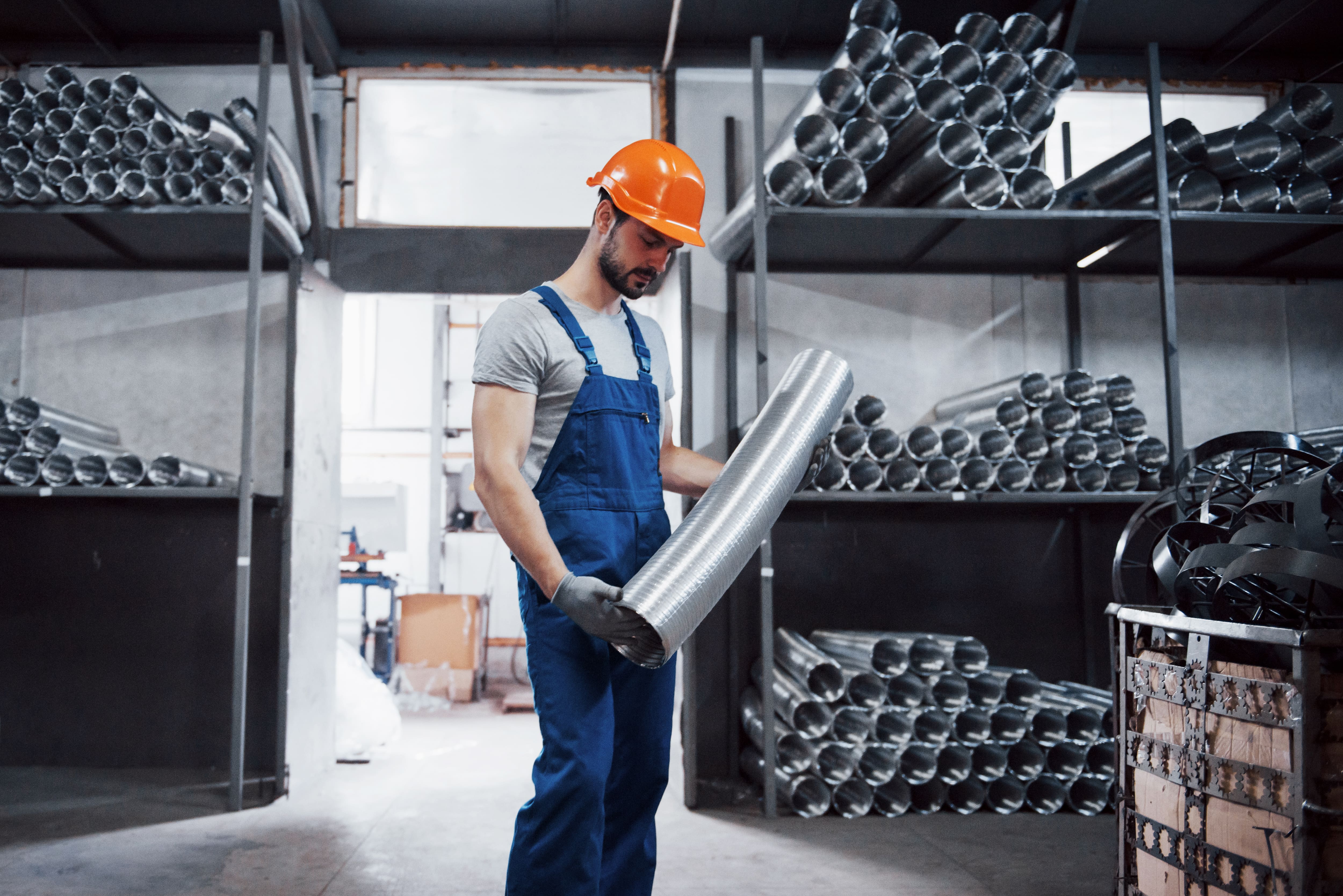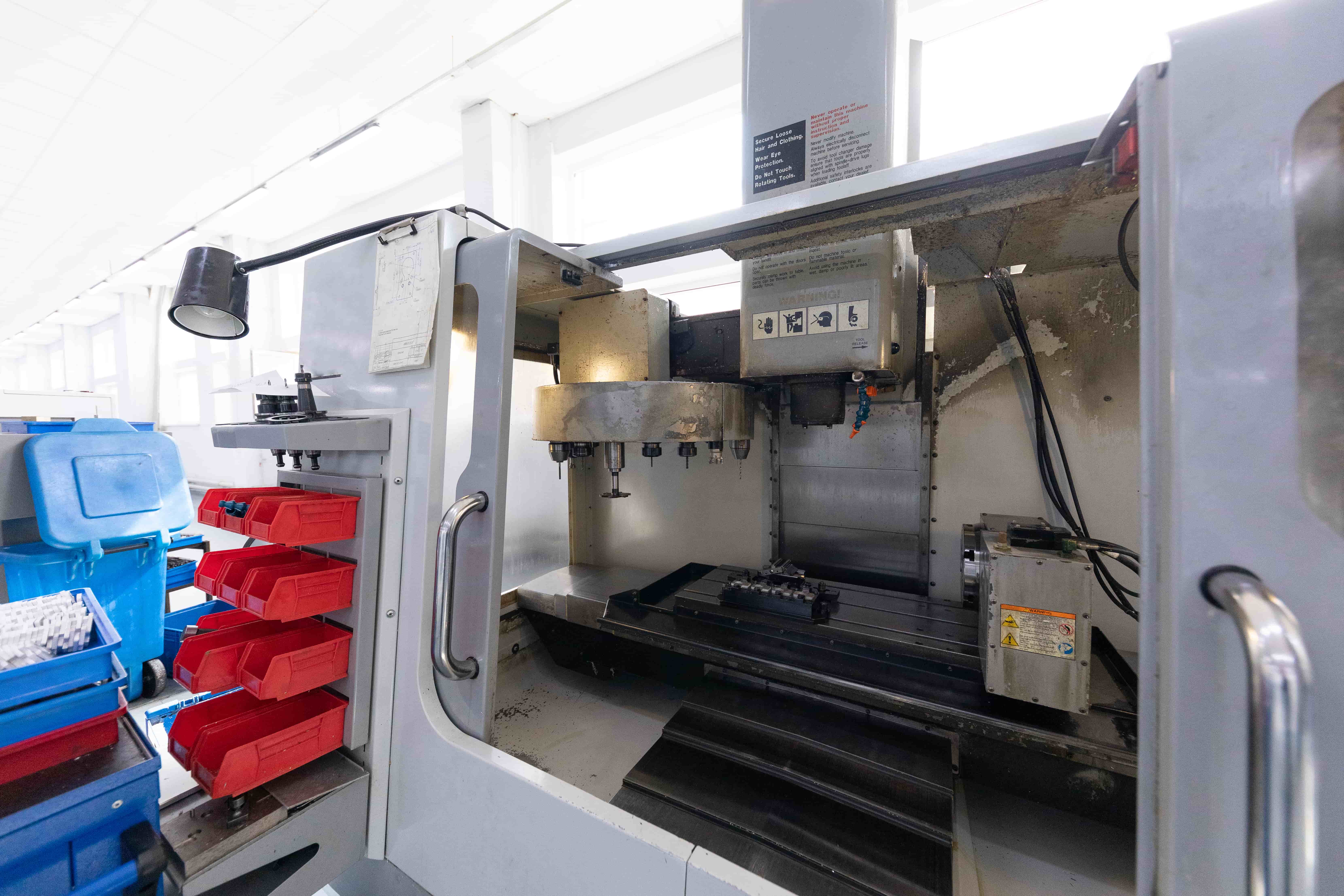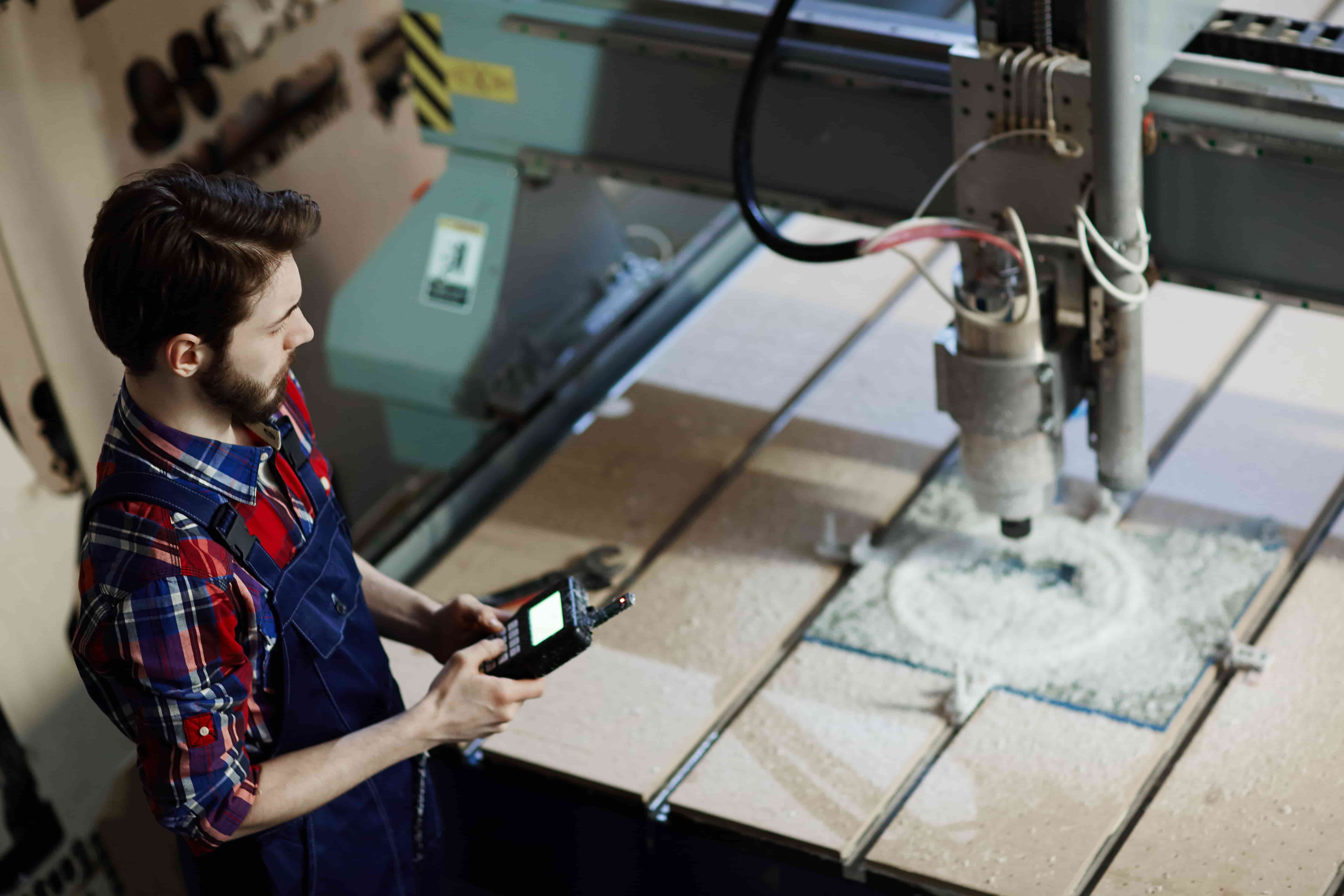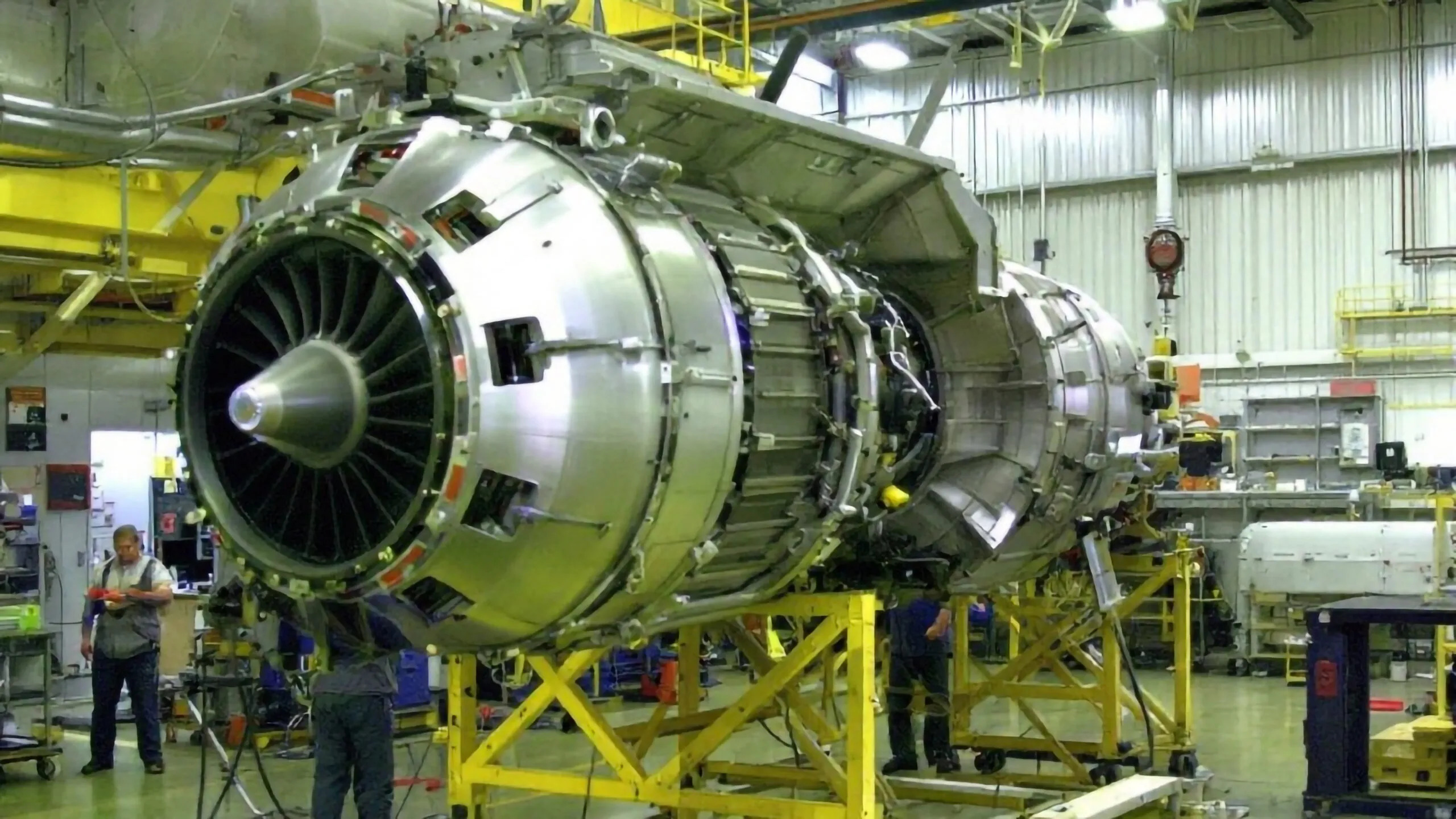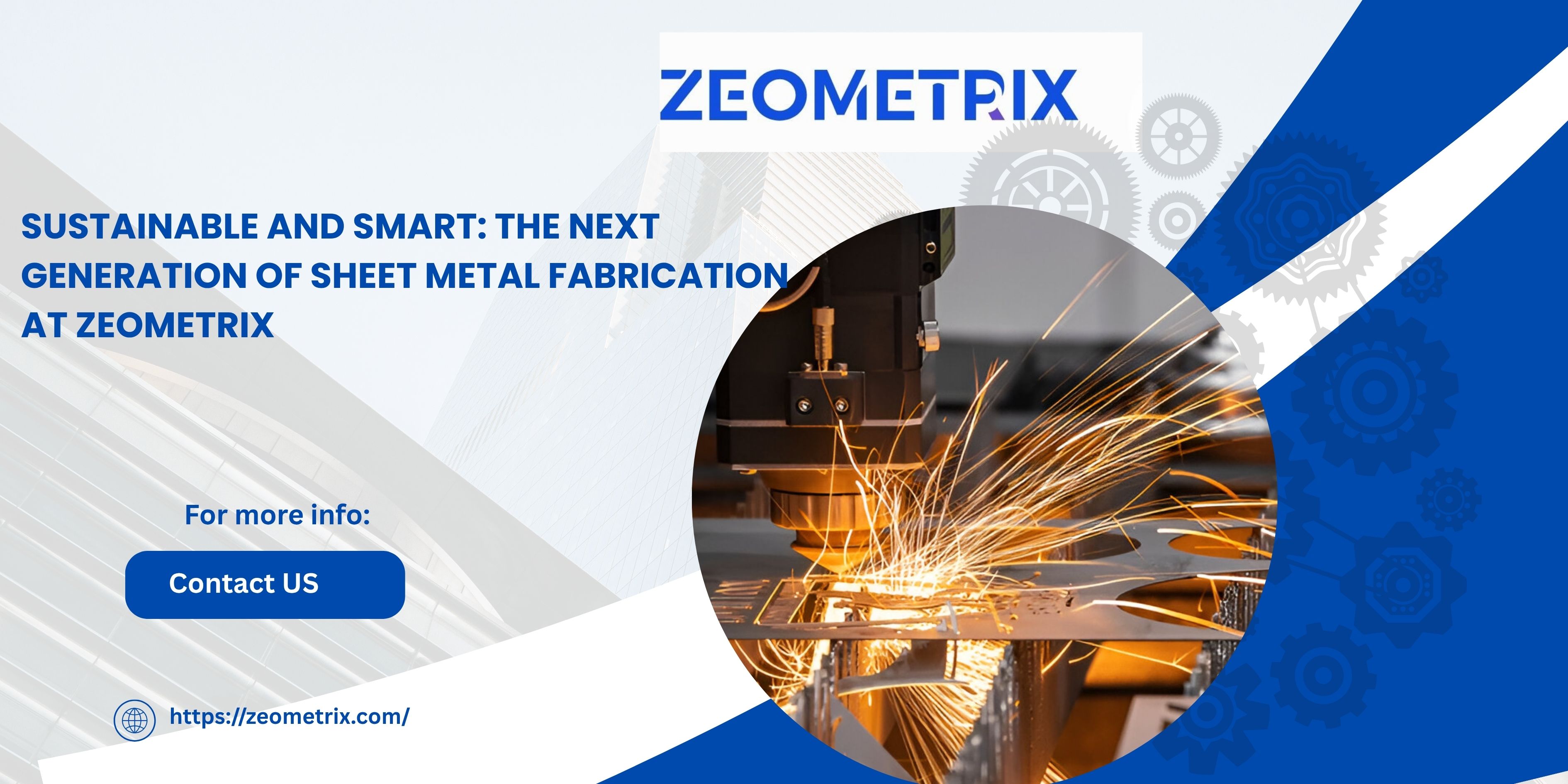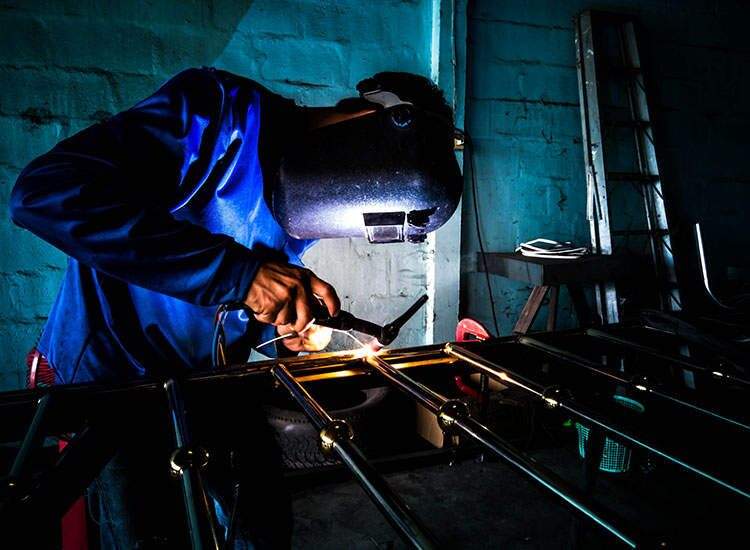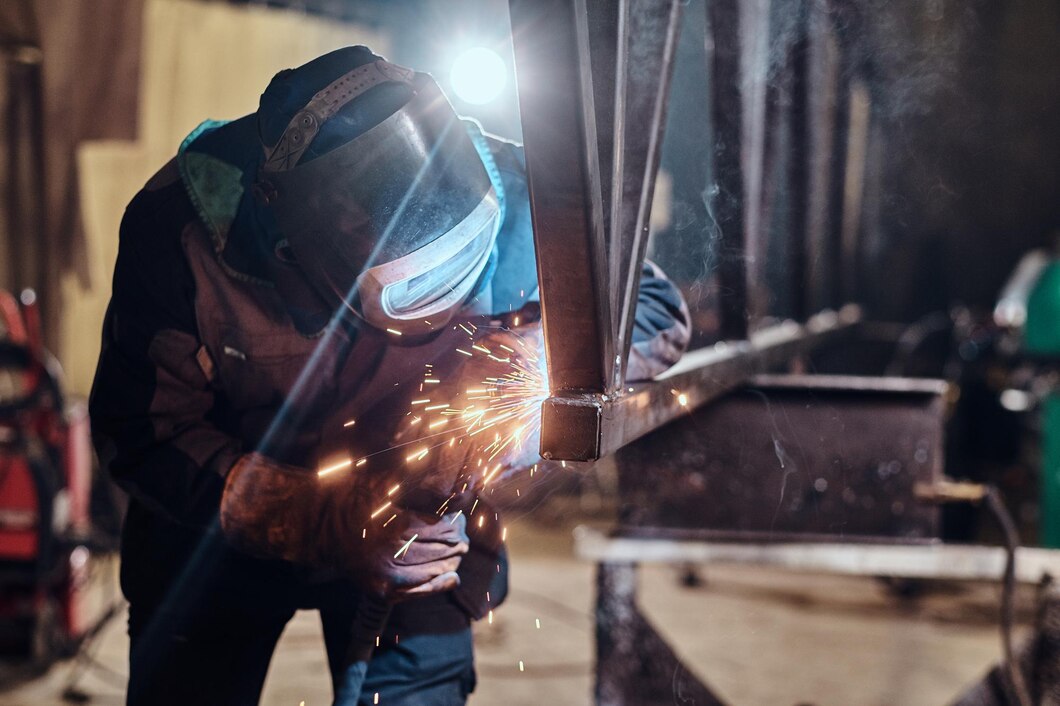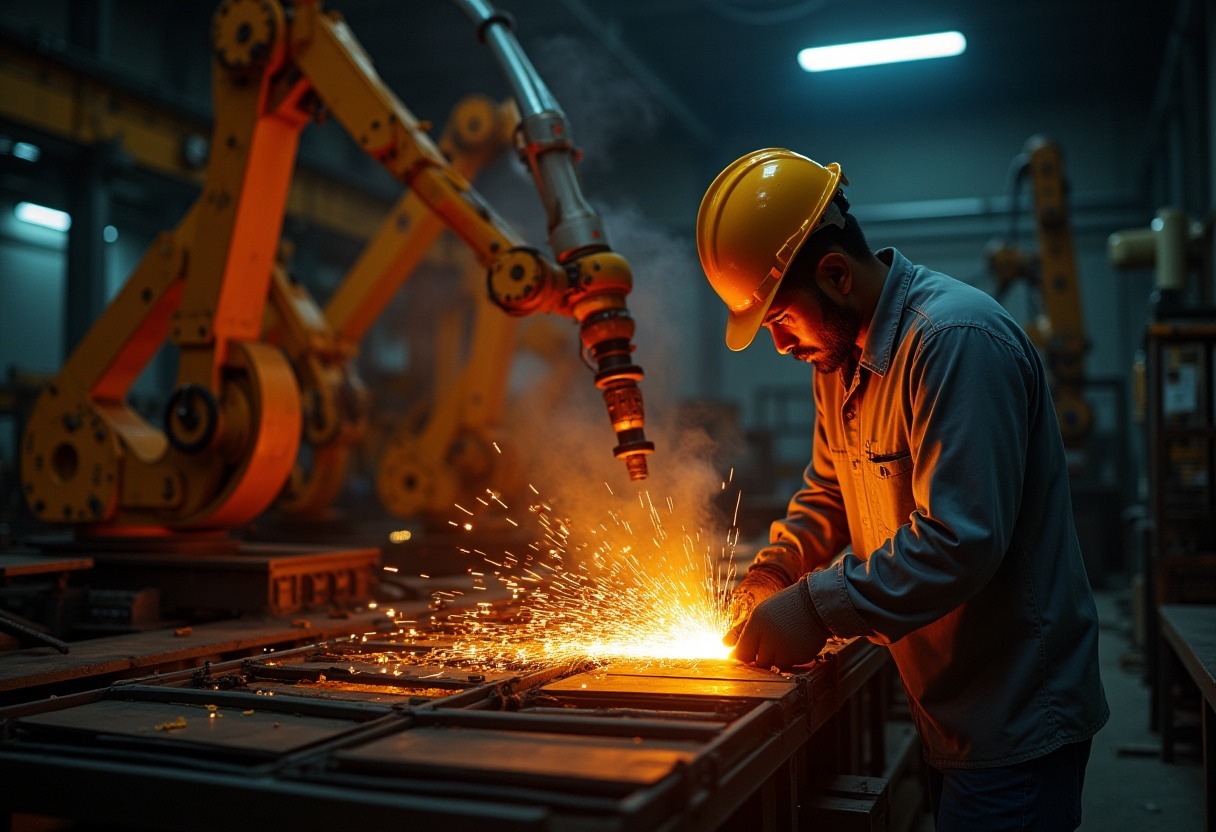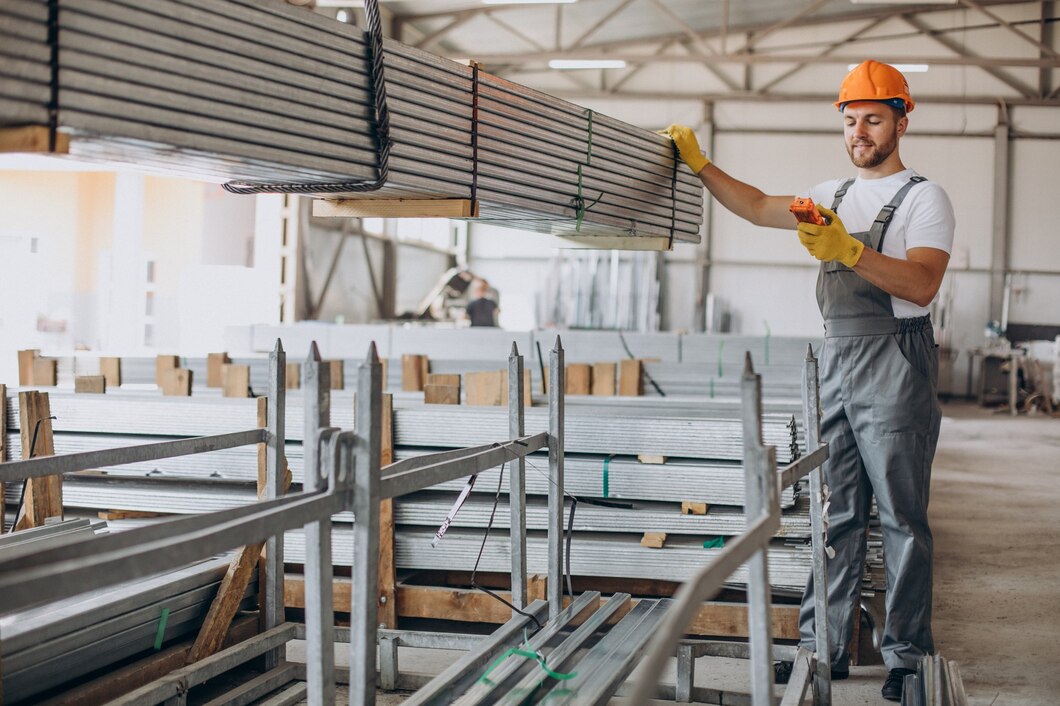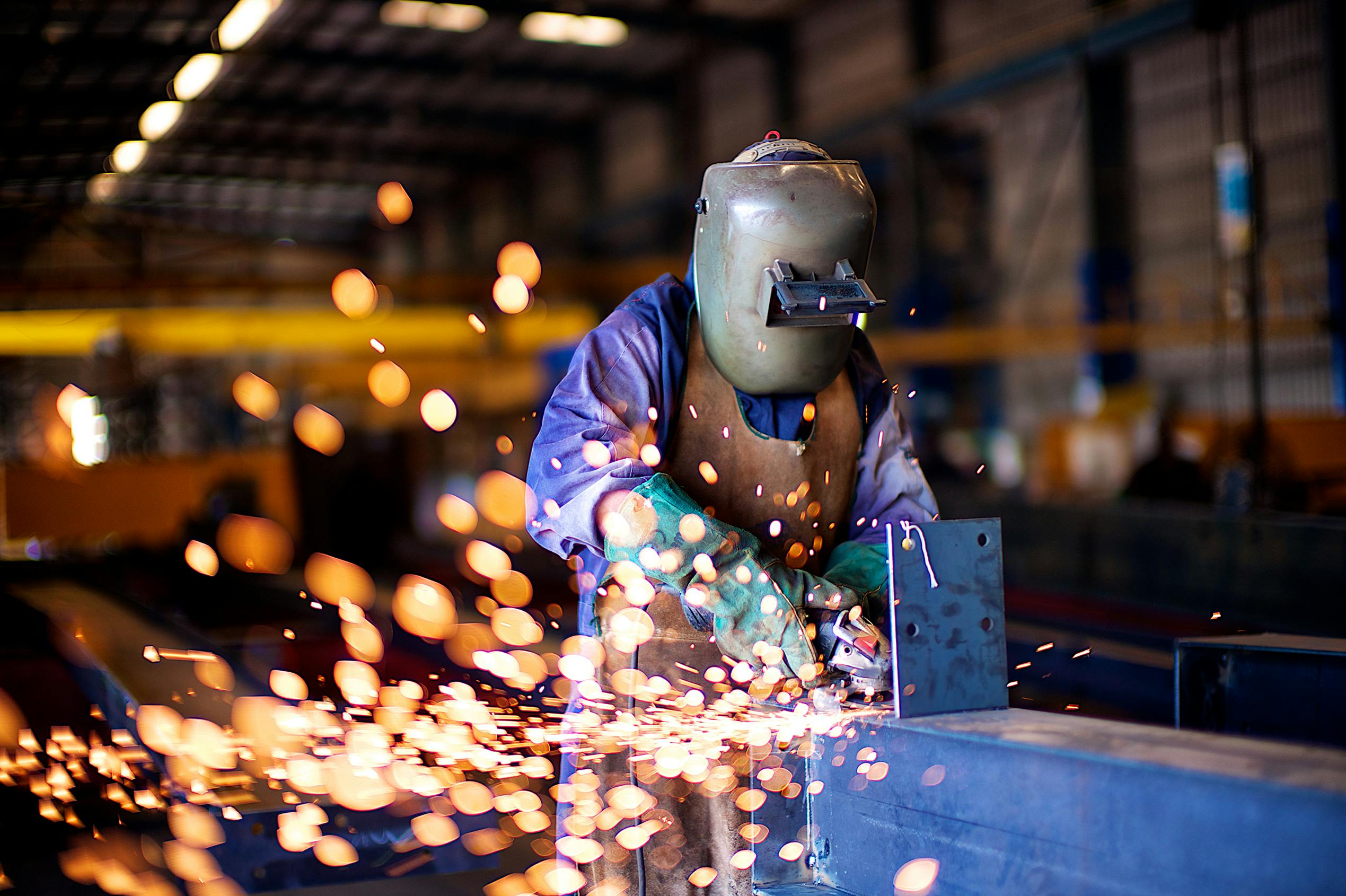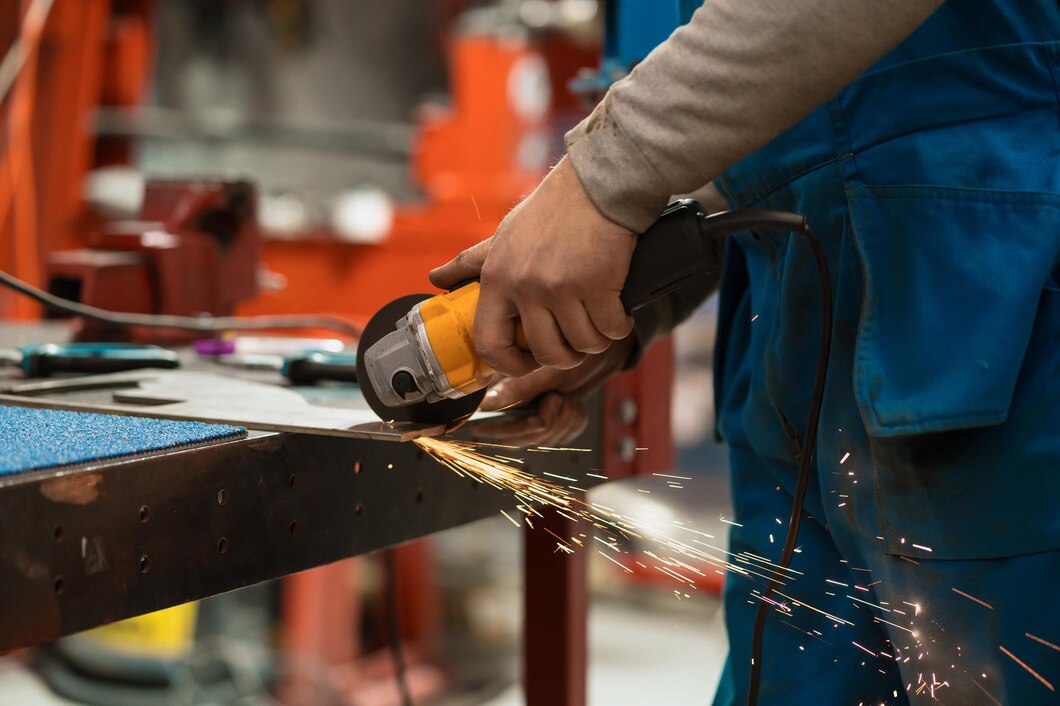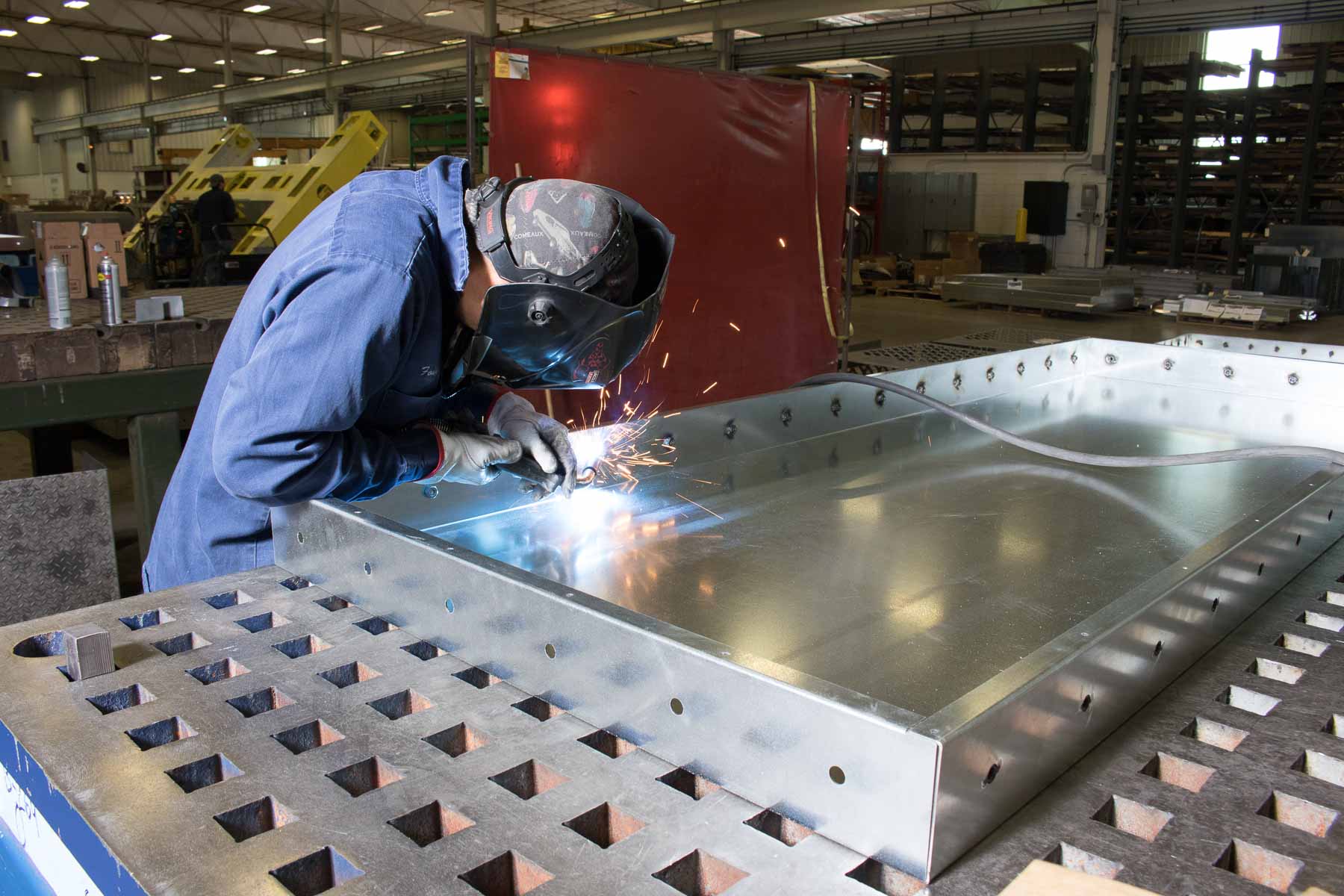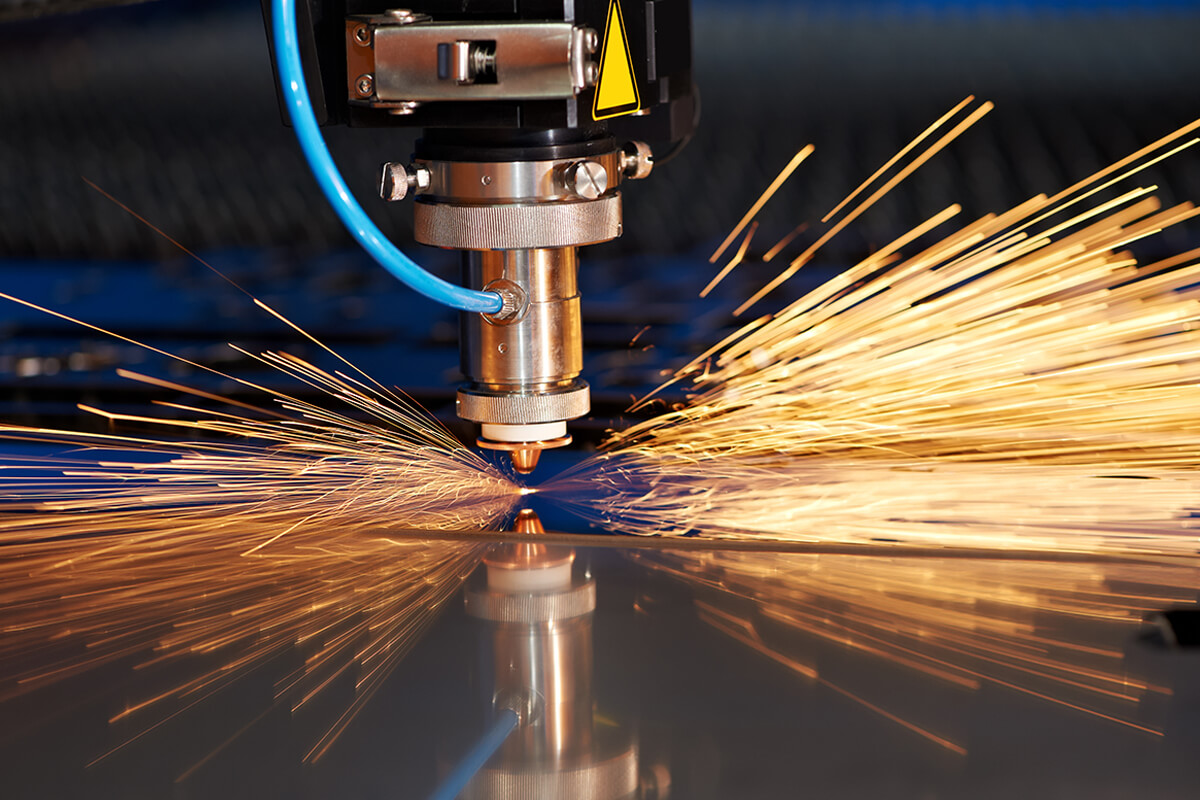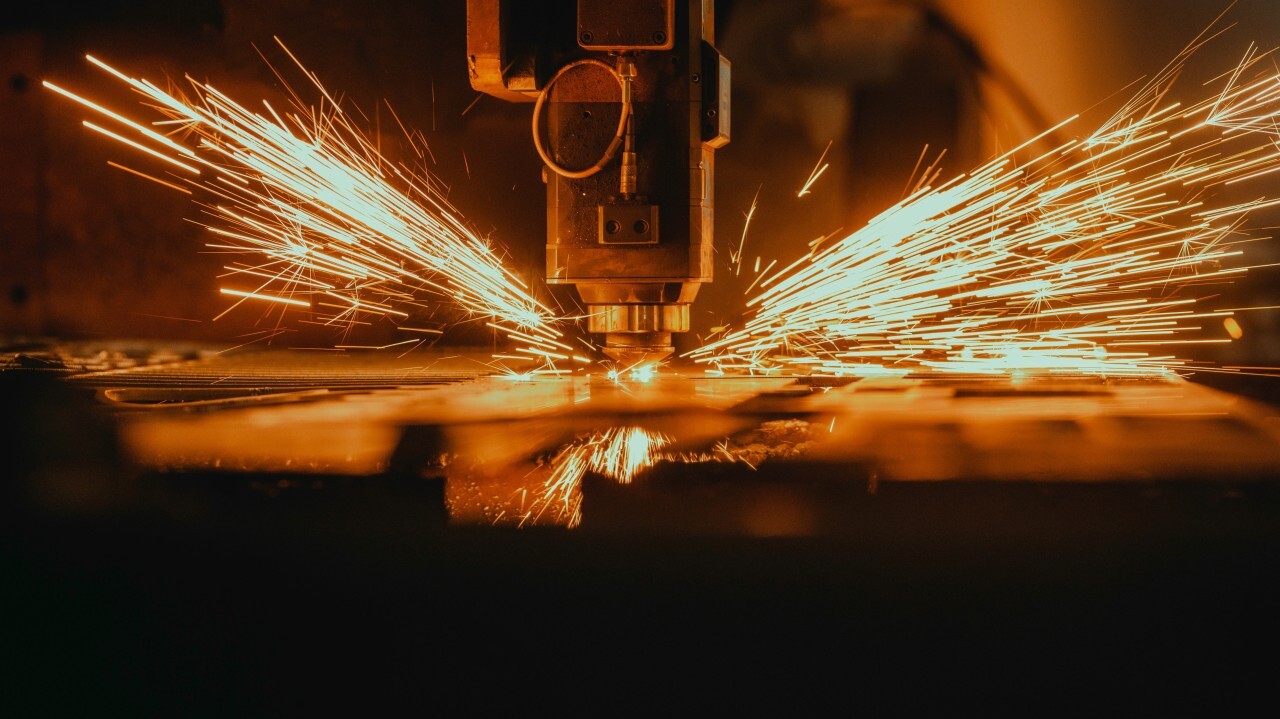Why Bangalore Is Emerging as a Hub for Sheet Metal Fabrication
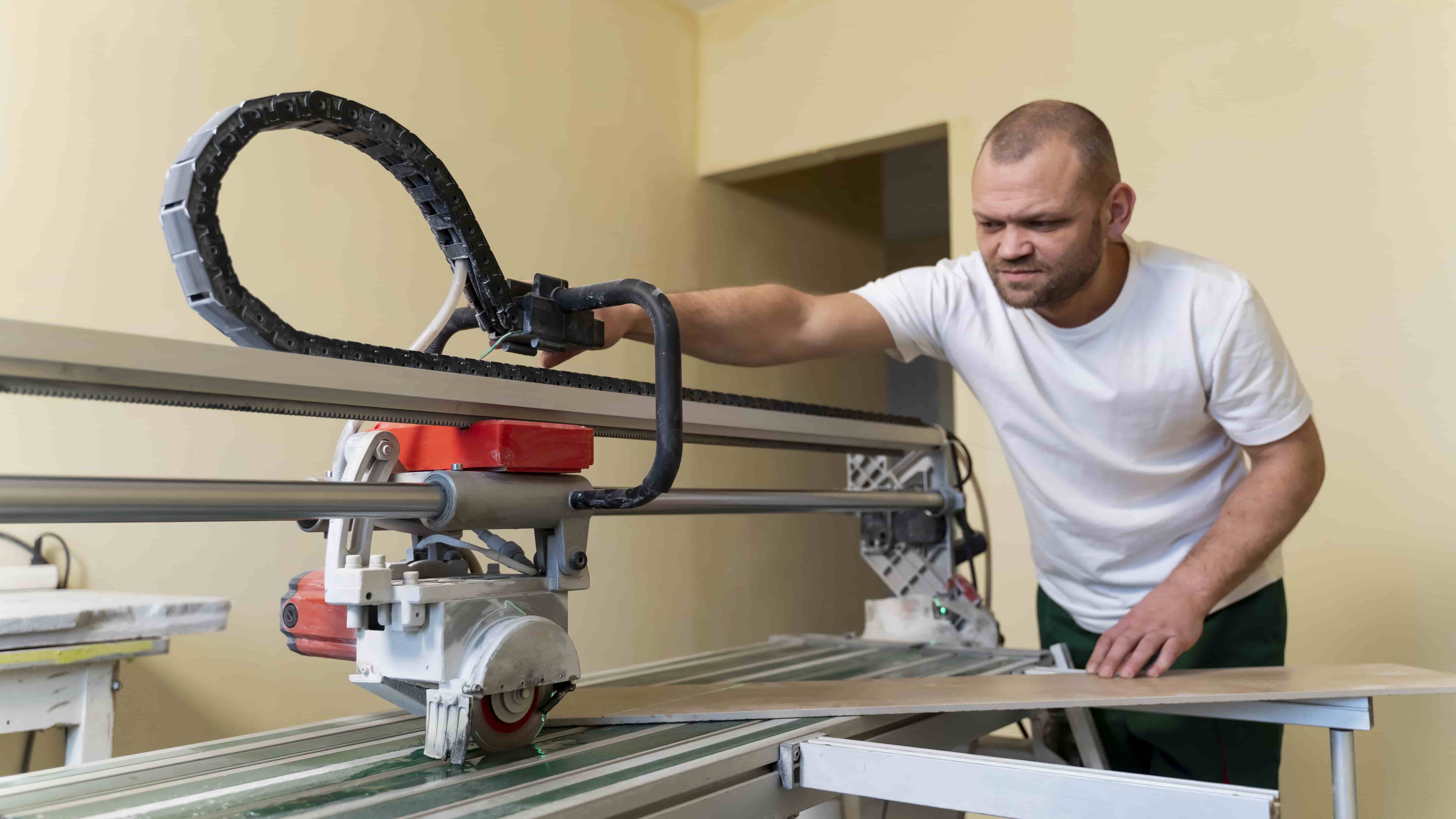
What is Sheet Metal Fabrication?
Sheet metal fabrication in Bangalore involves taking flat metal sheets (from materials like mild steel, stainless steel, aluminium, copper, etc.) and converting them into desired shapes and components through a combination of processes such as cutting, bending, punching, welding/assembly and finishing. Typical services include: laser or plasma cutting, CNC punching, press‑brake bending, deep drawing or stamping, TIG/MIG welding, powder coating or surface finishing. These fabricated components find applications across industries: automotive, electronics, telecom, aerospace, HVAC, architectural, medical equipment, construction, and more.
-min.jpg)
Why Bangalore? The Factors That Make It a Hub
There are several inter‑linked reasons why Bangalore is emerging as a strong base for sheet metal fabrication in India:
2.1 Skilled Workforce & Engineering Base
Bangalore has a large talent pool—engineering colleges, technical institutes, training centres churn out workforce familiar with CAD/CAM, CNC machines, laser‑cutting and precision fabrication.
Fabrication workshops here are more easily able to find skilled machinists, welders, fabricators and engineers who understand modern manufacturing needs (e.g., tolerances, automated machines).
2.2 Industrial Ecosystem & Supply‑Chain Advantages
Areas like the Peenya Industrial Area and other clusters around Bangalore host a concentration of manufacturing units, machine‑tool vendors, raw material suppliers, finishing/painting shops, logistics operators. This ecosystem proximity helps drive efficiencies. Also Bangalore’s transport connectivity—road, rail, air—helps with material in‑flow and shipping finished goods out. zeometrix.com
2.3 Demand from Key Industries
Bangalore is home to or near to industries that need specialized sheet metal components: electronics, telecom hardware, data‑centres, aerospace/defense, automotive/EV, interior & architectural fabrication. This local demand encourages more fabrication firms to set up and scale.
2.4 Technology Adoption & Modern Equipment
To stay competitive, many fabricators in Bangalore are adopting advanced equipment: CNC laser cutting, robotic welding, CAD/CAM integration, automation, IoT‑enabled manufacturing.
These tools allow faster lead‑times, higher precision and cost competitiveness. zeometrix.com
2.5 Cost‑Competitiveness & Localisation
Compared to many global hubs, Indian fabrication firms (including those in Bangalore) offer a combination of competitive pricing and increasing quality—making them viable for both domestic and export business. One source notes: “strong demand, competitive environment among fabricators, helping drive cost-efficiency.” zeometrix.com
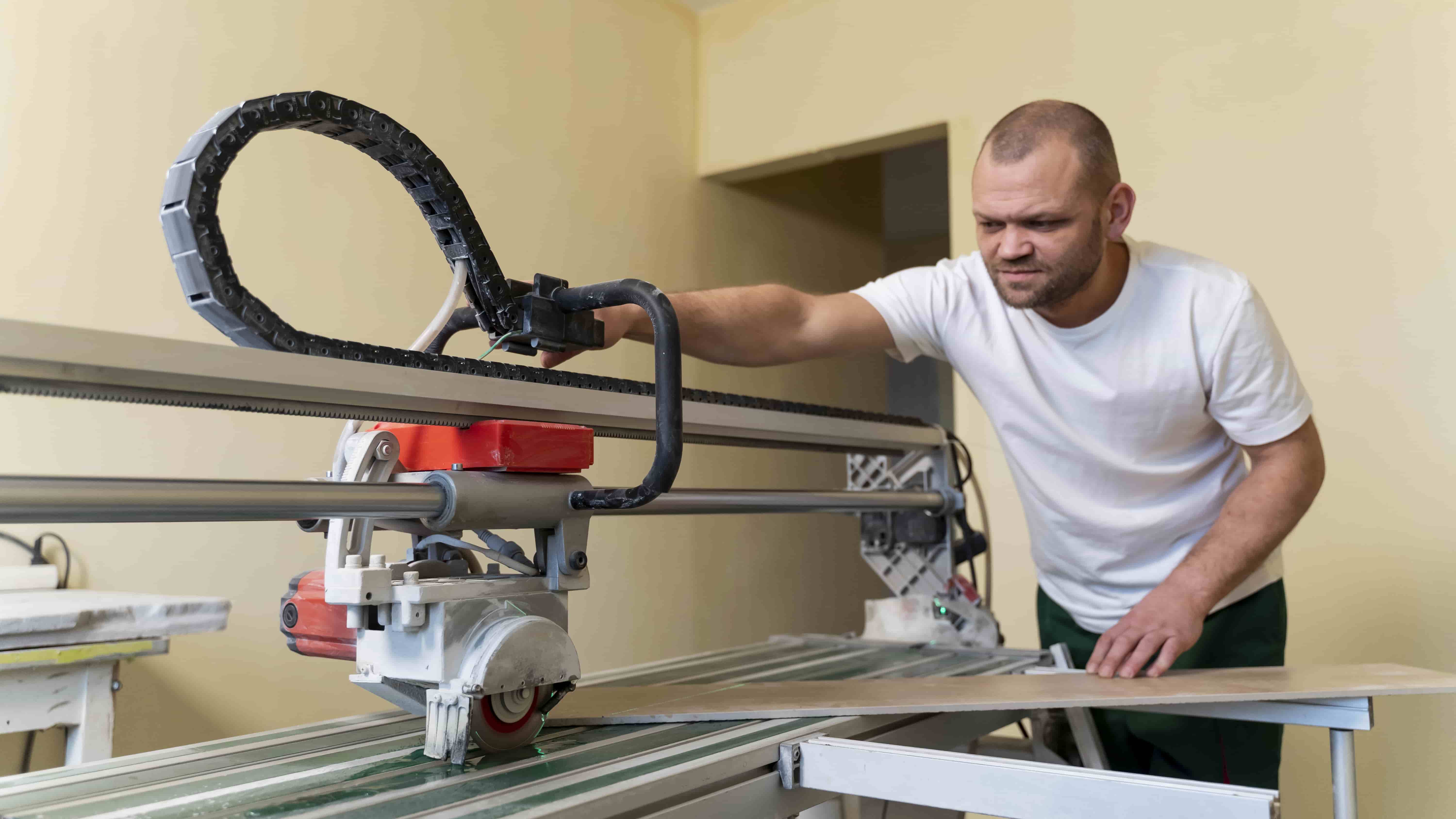
How Sheet Metal Fabrication in Bangalore is Powering Growth
The emergence of Bangalore as a hub is not just a passive trend—its influence directly supports India’s broader manufacturing ambitions.
3.1 Supporting High‑Value Manufacturing
As manufacturing moves from basic component production to higher precision and value, sheet metal fabrication plays a key role. For example: enclosures for electronics/data‑centres, precision brackets for aerospace, components for EVs and heavy equipment. Bangalore firms are positioned to serve this shift.
3.2 Enabling Rapid Prototyping & Customisation
Many fabrication units offer design support, prototyping, small‑batch production and full fabrication services under one roof. This agility matters for product developers, start‑ups, and OEMs seeking faster time‑to‑market.
3.3 Integration into Smart Manufacturing Trends
With adoption of Industry 4.0 concepts (automation, data‑driven manufacturing, robotics) in Bangalore’s fabrication sphere, these units are becoming not just component producers but advanced manufacturing hubs. This raises India’s overall manufacturing capability.
3.4 Export Readiness and Global Standards
Fabrication firms in Bangalore are increasingly catering to global OEMs and export markets. This means higher quality, certifications, traceability and reliability, which elevates India’s position in global manufacturing supply chains.
Key Case Examples & Local Firms
To ground this in real‑world examples:
- PRK Fabricators Pvt Ltd (Bangalore) – Established 1989, offers sheet metal components, enclosures for national & multinational clients; infrastructure, quality focus. Shree Sigma Laser – Bangalore‑based company specialising in CNC laser cutting, bending, welding, one‑stop metal‑working solutions. Metalco – Among sheet metal fabricators in Bangalore emphasising interior/architectural sheet metal design, bespoke solutions.
These examples illustrate the breadth—from industrial precision components to architectural metalwork—of sheet metal fabrication in Bangalore.
Benefits for Manufacturers & Clients
For OEMs, product developers and end‑users, leveraging sheet metal fabrication in Bangalore offers several benefits:
- Shorter lead times: Proximity, integrated services and local supply chain reduce delays and logistic costs.
- Cost efficiency: Competitive rates plus local material sourcing help cost control.
- Customization & flexibility: Ability to accommodate bespoke design, small batches, iterative prototyping.
- Quality & precision: Adoption of modern equipment and controls delivers better consistency.
- Strategic localisation: Being in India means easier coordination, time‑zone advantage, local communication for both domestic and export markets.
-min.jpg)
Challenges & Considerations
However, it’s not without challenges. Some issues need attention:
- Raw material price volatility: Fluctuating costs of steel, aluminium and other metals can impact margins.
- Skilling and training: As fabrication equipment becomes more advanced (robotics, automation, CAD/CAM), there’s a continuous need for up‑skilling workforce.
- Quality/standards compliance: To serve global markets, firms must adhere to certifications, document traceability, adopt rigorous testing. Some smaller shops may lag.
- Infrastructure & logistics constraints: Although Bangalore is well connected, traffic, utilities, warehousing costs can still become bottlenecks compared to some dedicated industrial zones.
- Competition: As capabilities rise, competitive pressure increases—not only from within India but from international fabrication hubs.
-min.jpg)
